My studying in Belgium adventure – and also studying in general – has come to an end. I came here almost 2 years ago, at the end of June I defended my master’s thesis and a week later I went to the graduation ceremony. At the beginning of June my parents visited me, and showing them around refreshed my memories of visiting the city for the first time. I also managed to take a lot of photos, so I will use them as an excuse to tell you a bit about my studies.
The name of KU Leuven expands to the Catholic University of Leuven, however in practice no one ever unwraps the letter „K” and it is there mostly for historical reasons.
The university was founded in 1425. It currently ranks quite high in the world rankings: 61st place in the 2024 QS World University Rankings, 95th in the Shanghai Rankings, 42nd in the Times Higher Education Rankings. However, specific programmes (especially medical) can be much higher. There are 7 undergraduate programmes taught fully in English: applied linguistics, business administration, business engineering, European studies, philosophy, theology, and engineering technology. At the Master’s and Advanced Master’s level (that’s an additional degree that can be taken after completing a regular Master’s degree), most programmes are offered in English.
Tuition fees are 1000€ per year (for EU students), renting a room in a dormitory is currently around 460-670€ per month.
City
Leuven is shaped like a circle of 2 km diameter. The science campus lies an additional 2 kilometres outside the city, so the longest distance one has to cover to get to the class is 4 km. The city is also extremely unfriendly to cars, which makes getting around with a bike a great pleasure.
Wherever you live, all the pubs and bars are within a 10-minute ride. I love Warsaw (where I lived previously), but there just leaving the apartment, taking the elevator downstairs and getting to the nearest stop can take as much time.
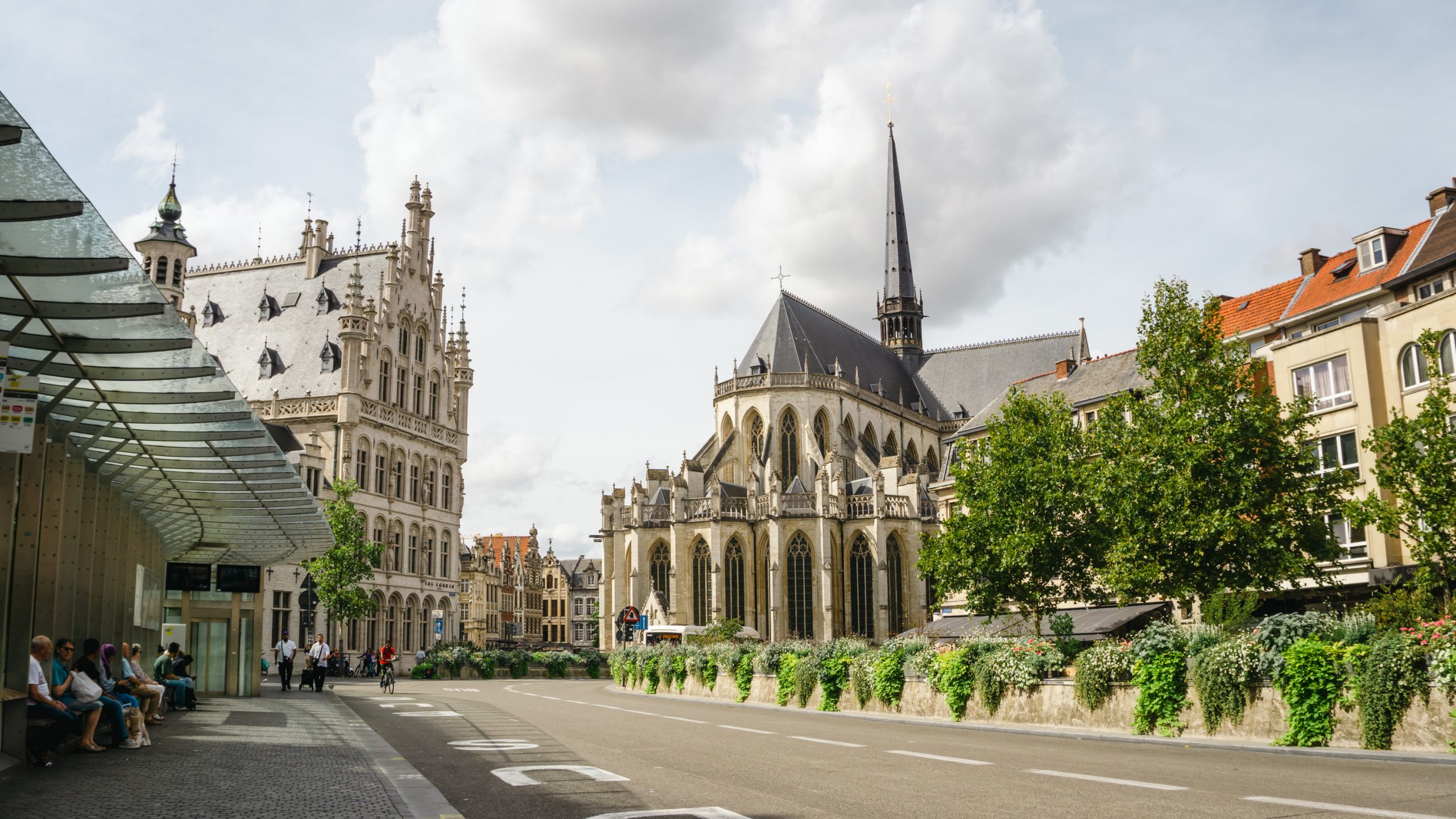
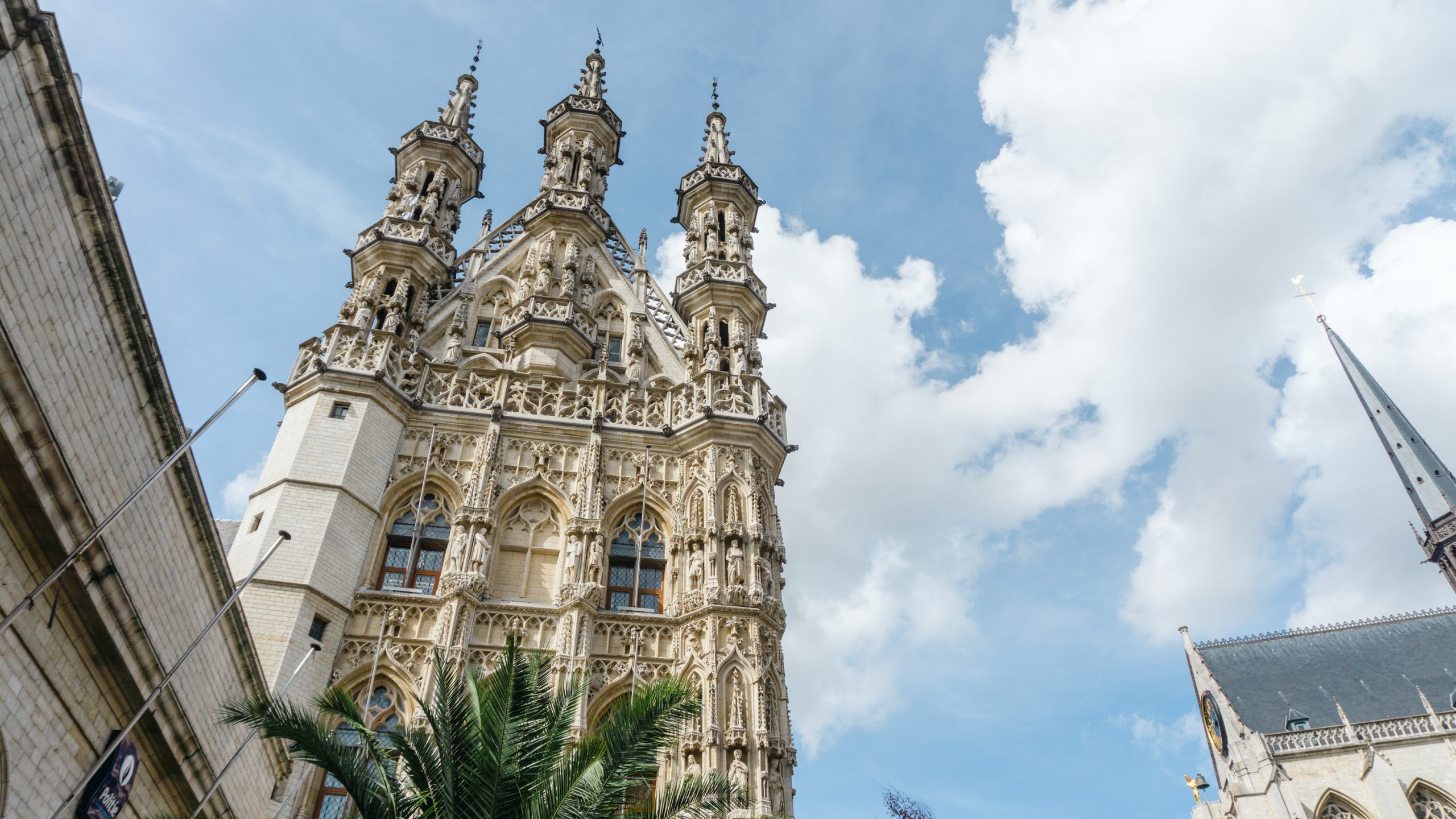
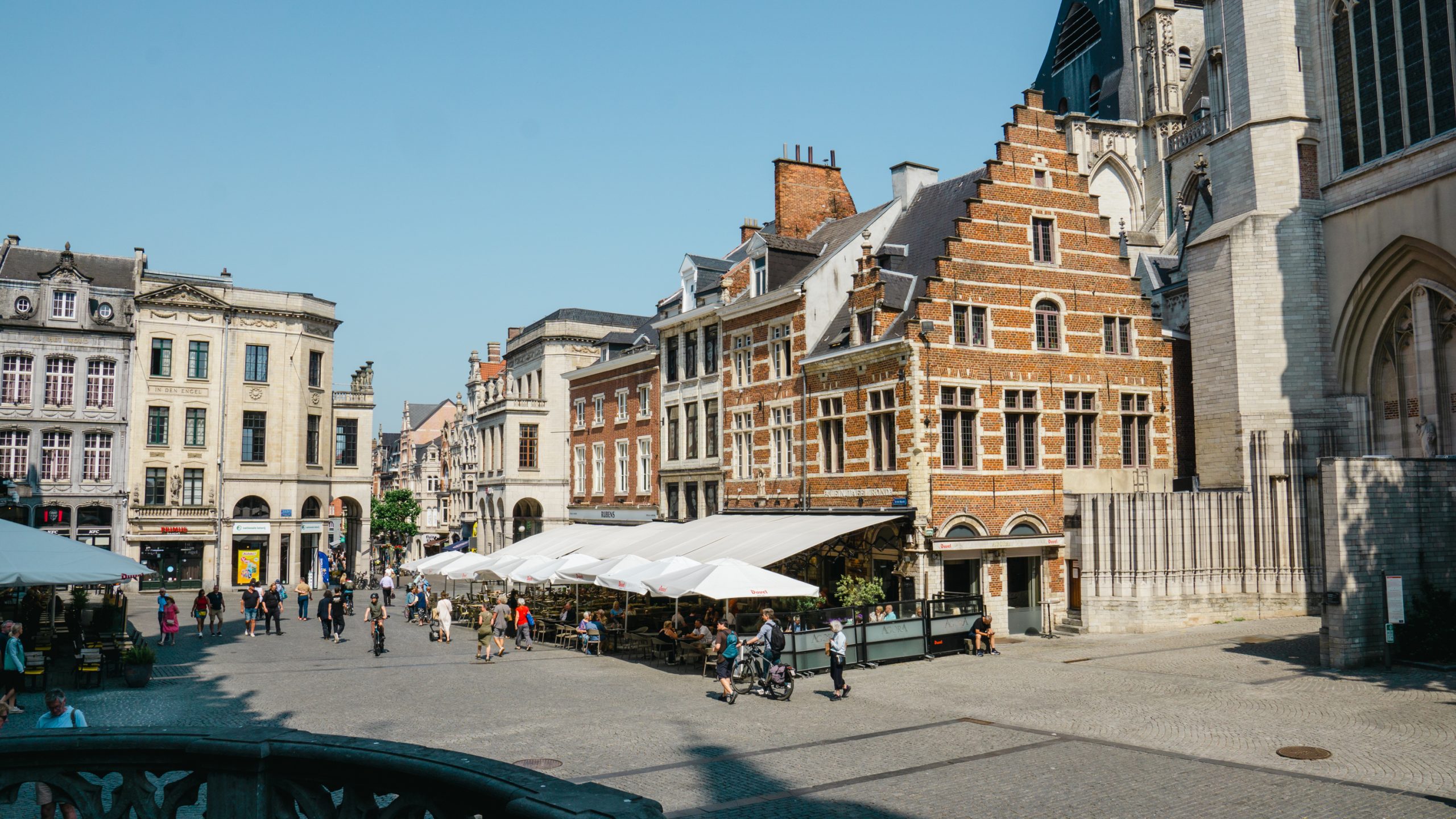
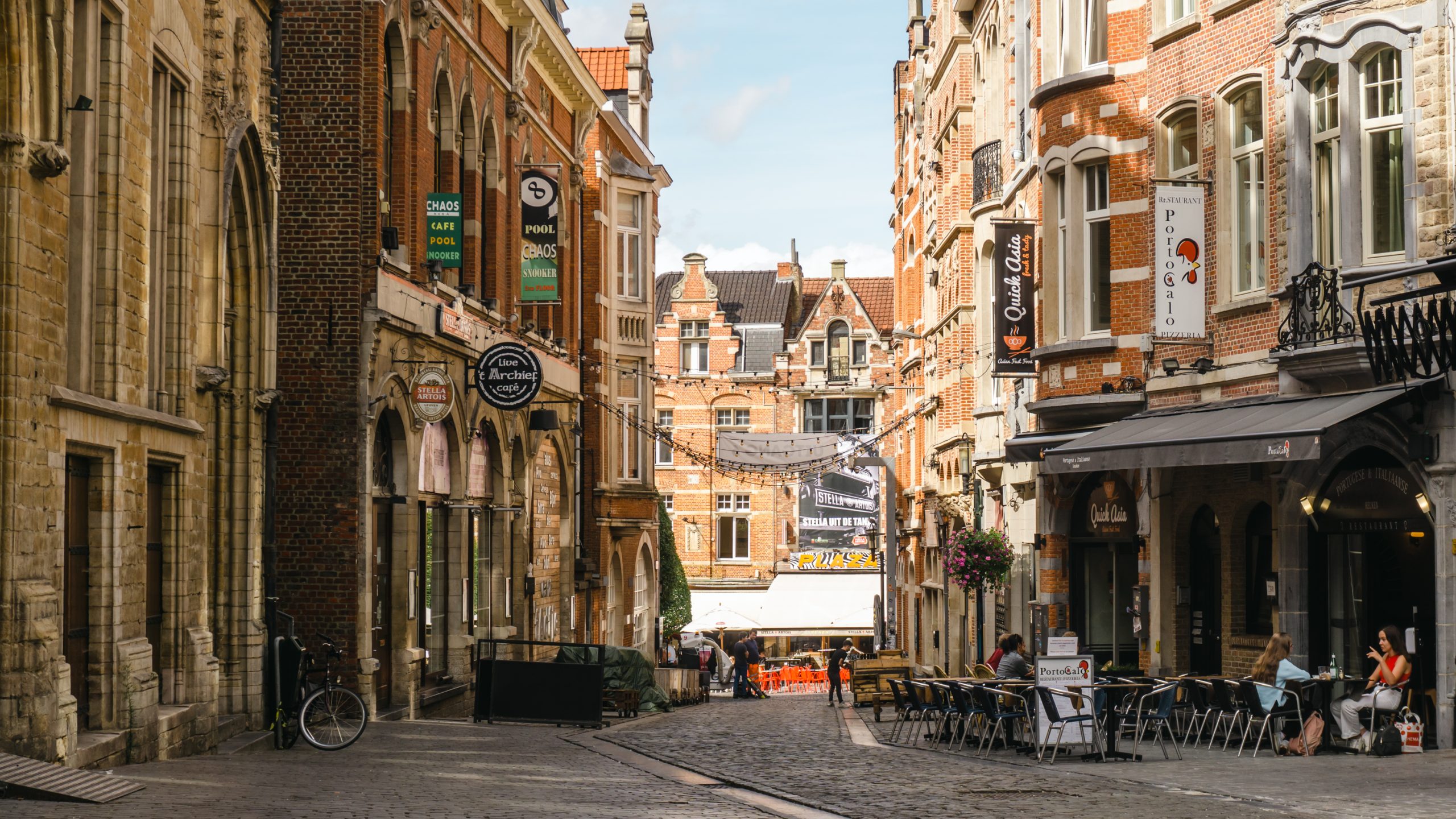
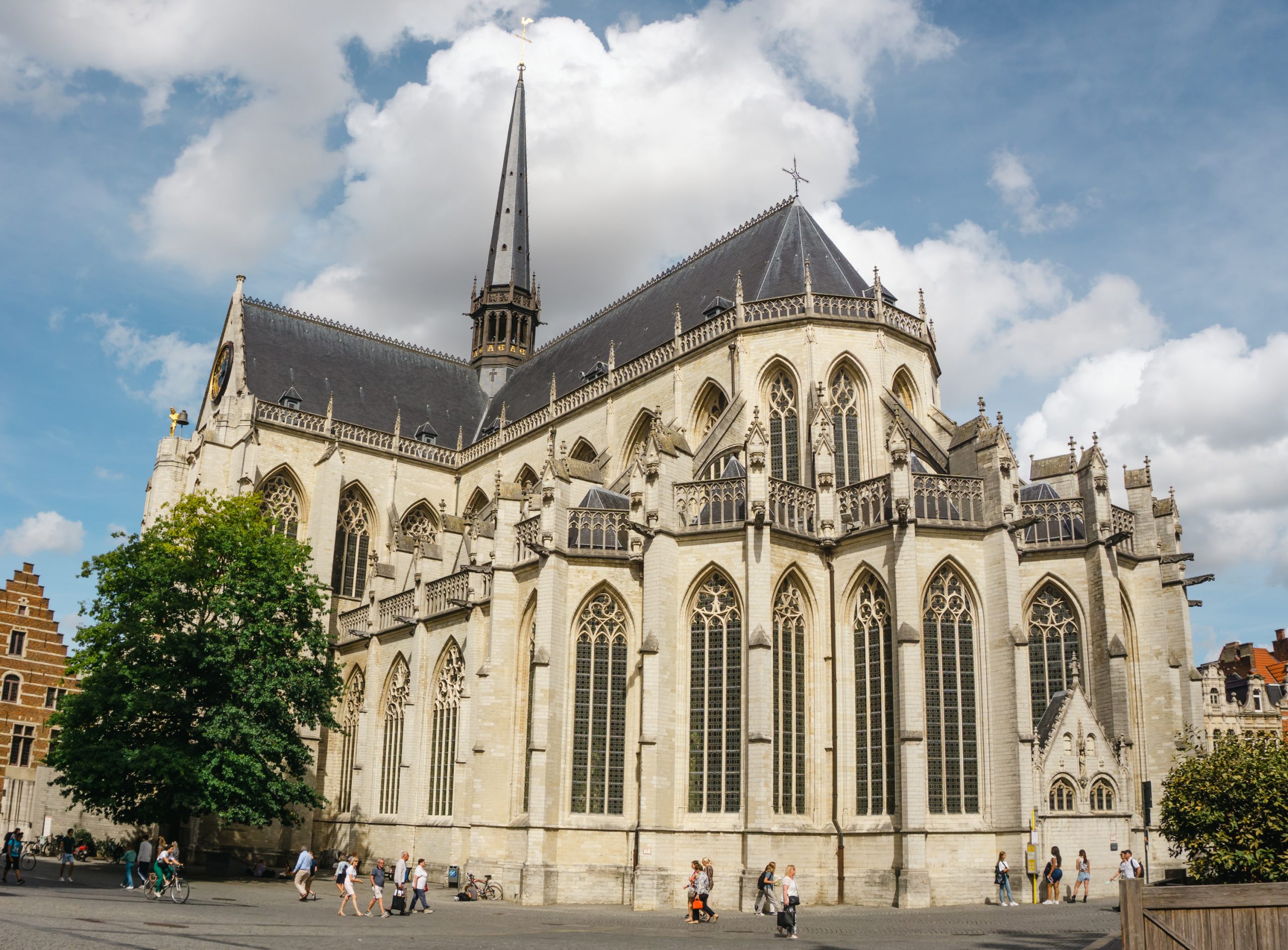
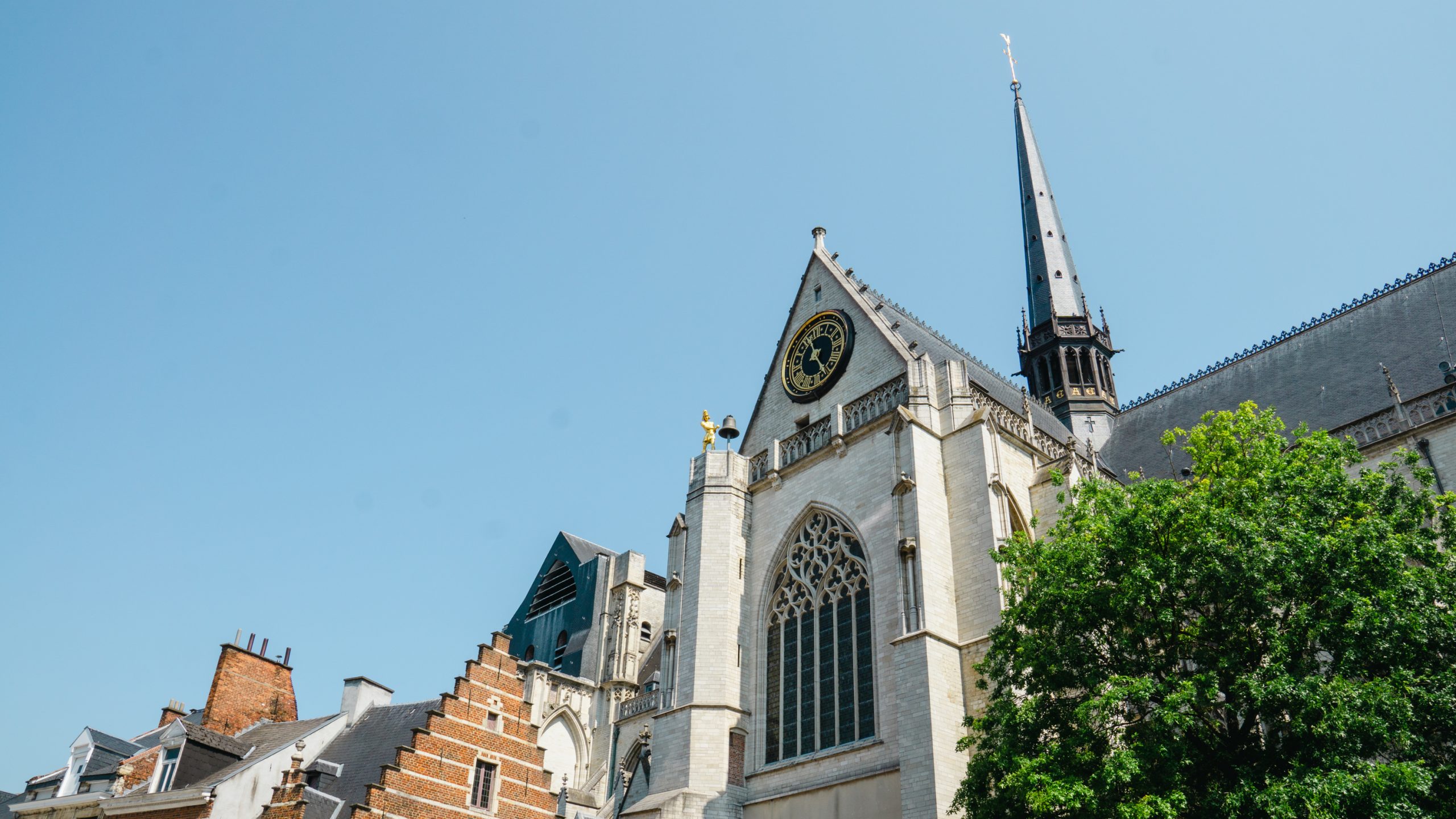
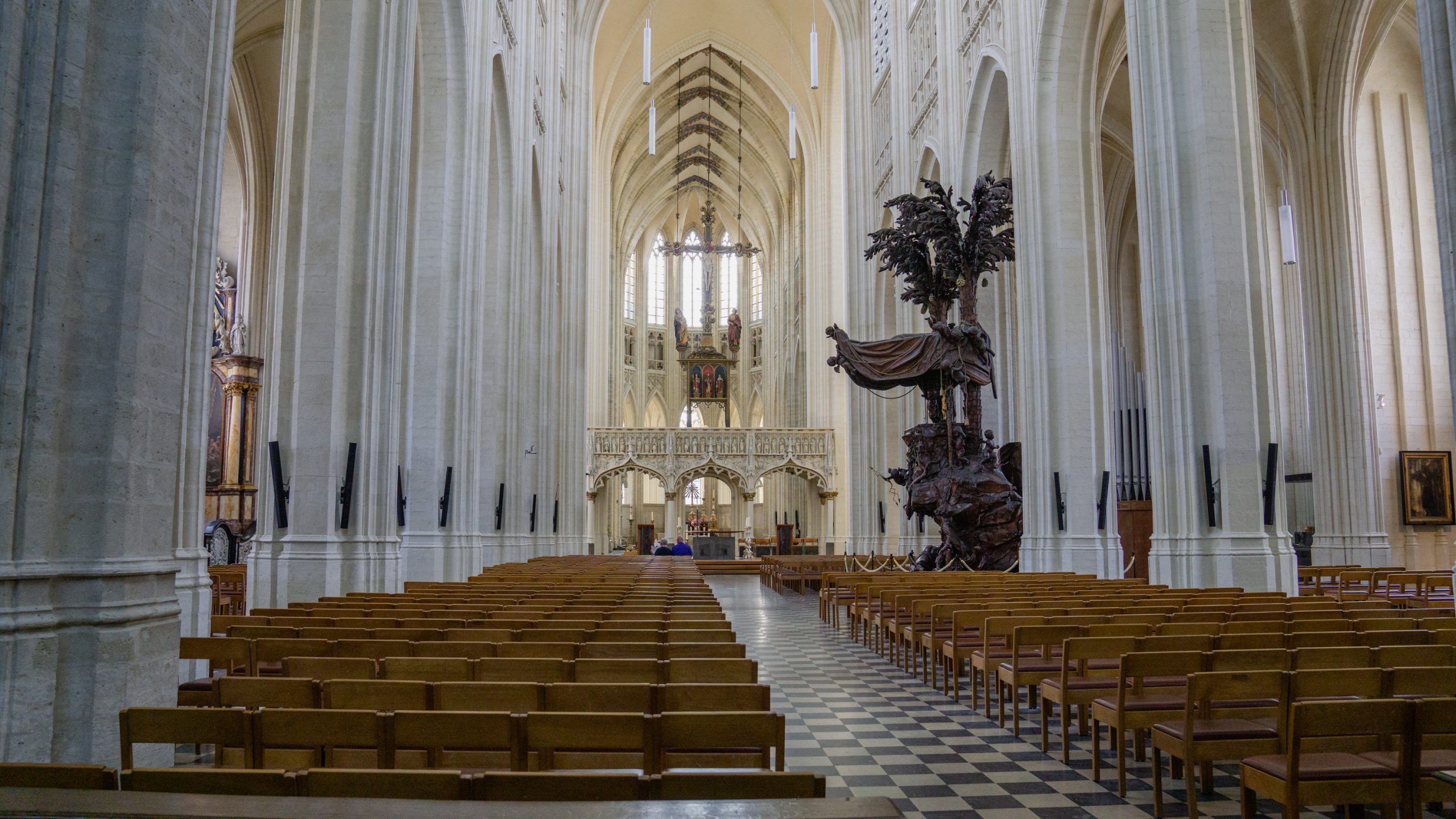
The city’s architecture is mostly historic with medieval buildings in the center and more modern or industrial estates on the outskirts. University buildings are scattered within the city’s inner ring – mainly those belonging to the administration and social sciences, humanities, and engineering faculties. In the very center there is the Big Market (Grote Markt) with typical tourist restaurants and the Old Market Square (Oude Markt) surrounded on all sides by bars and clubs. Leading away from the centre, there are also several narrow streets filled with beer gardens. One of the most interesting places are also the park and the climatic 17th-century Beguinage .
During my first weeks in the city, I was picking my jaw up from the floor at every corner and couldn’t believe that the view from the local fast food’s window was a huge Gothic cathedral. And then I got used to it.
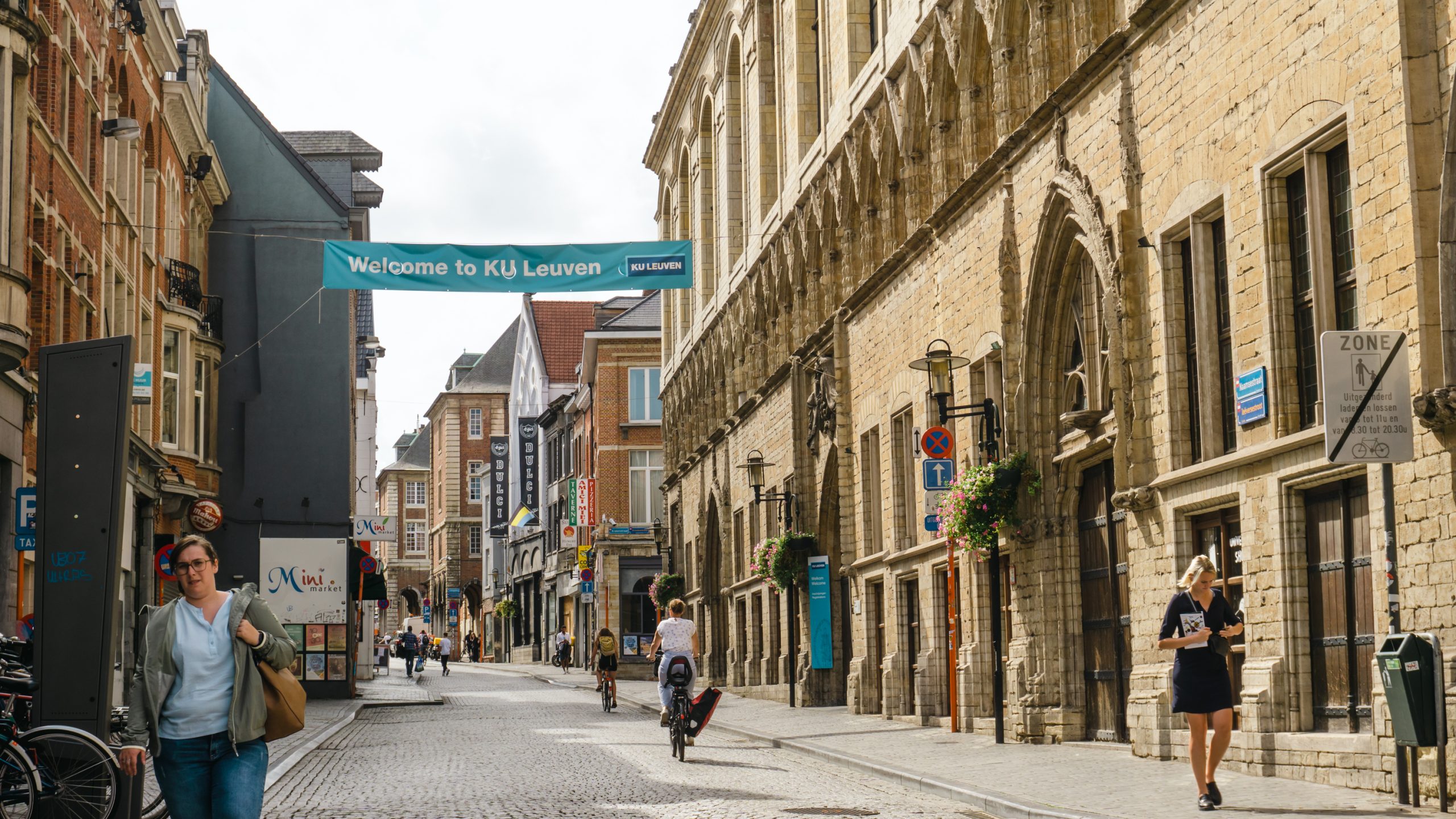
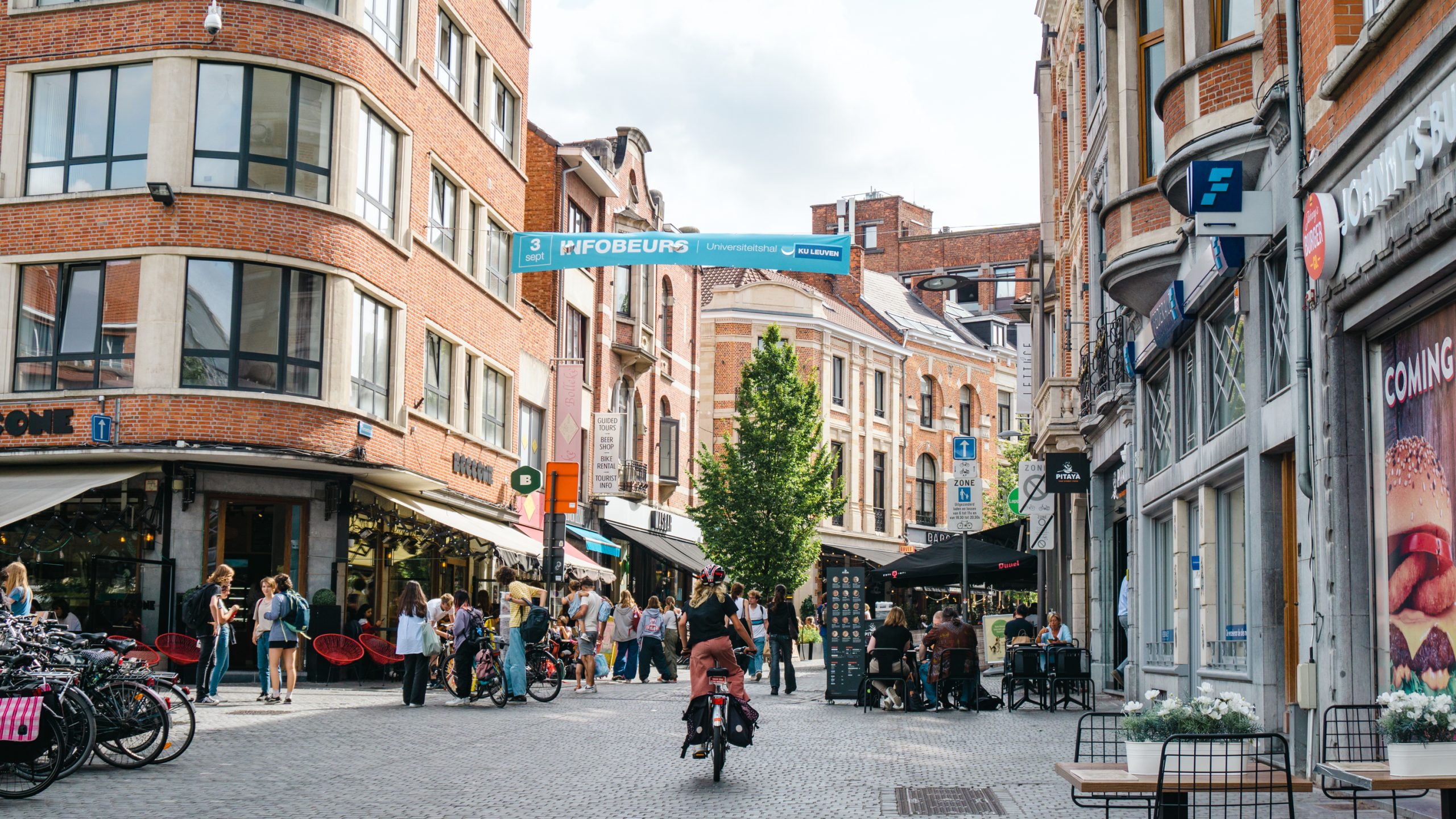
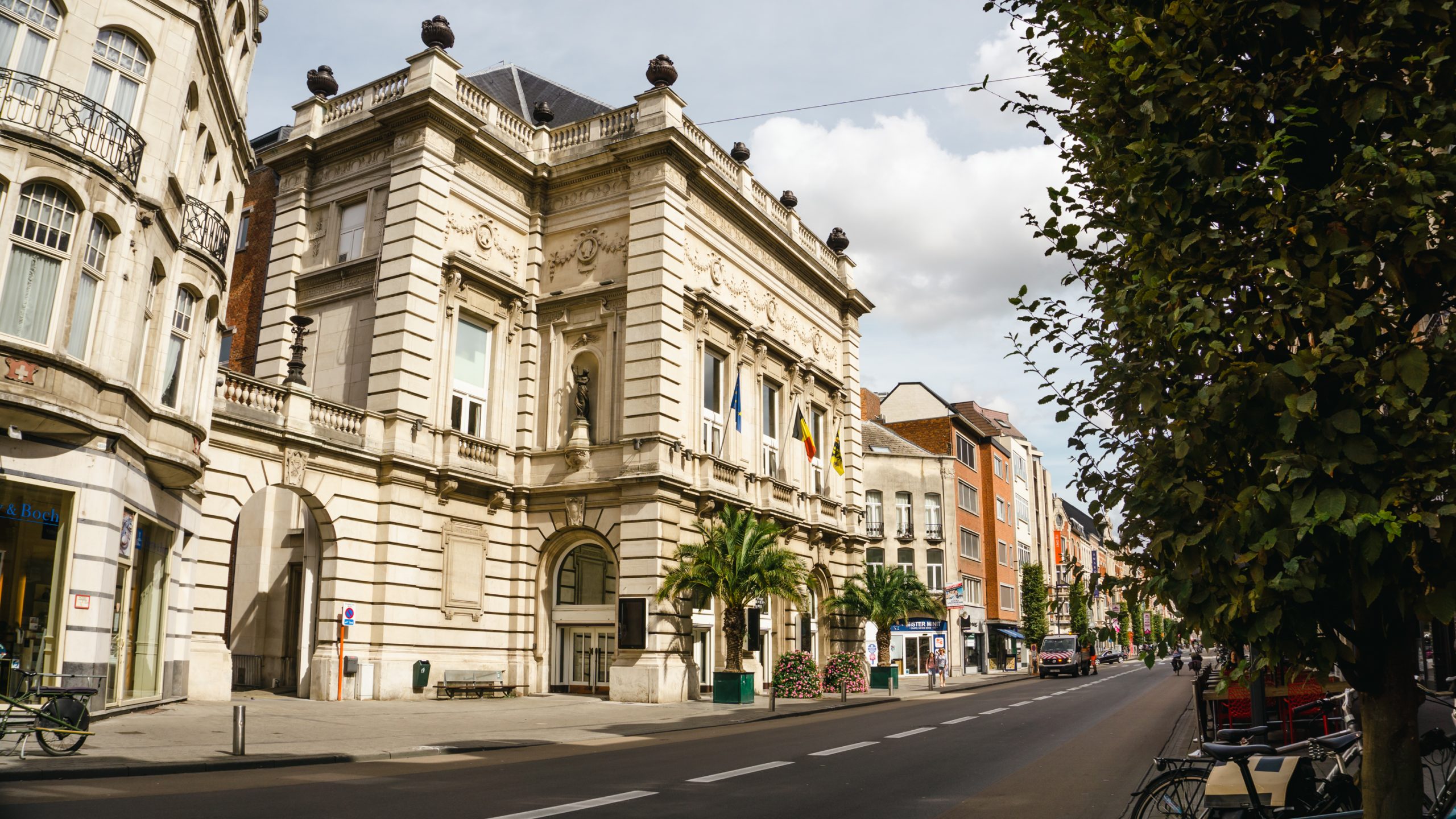
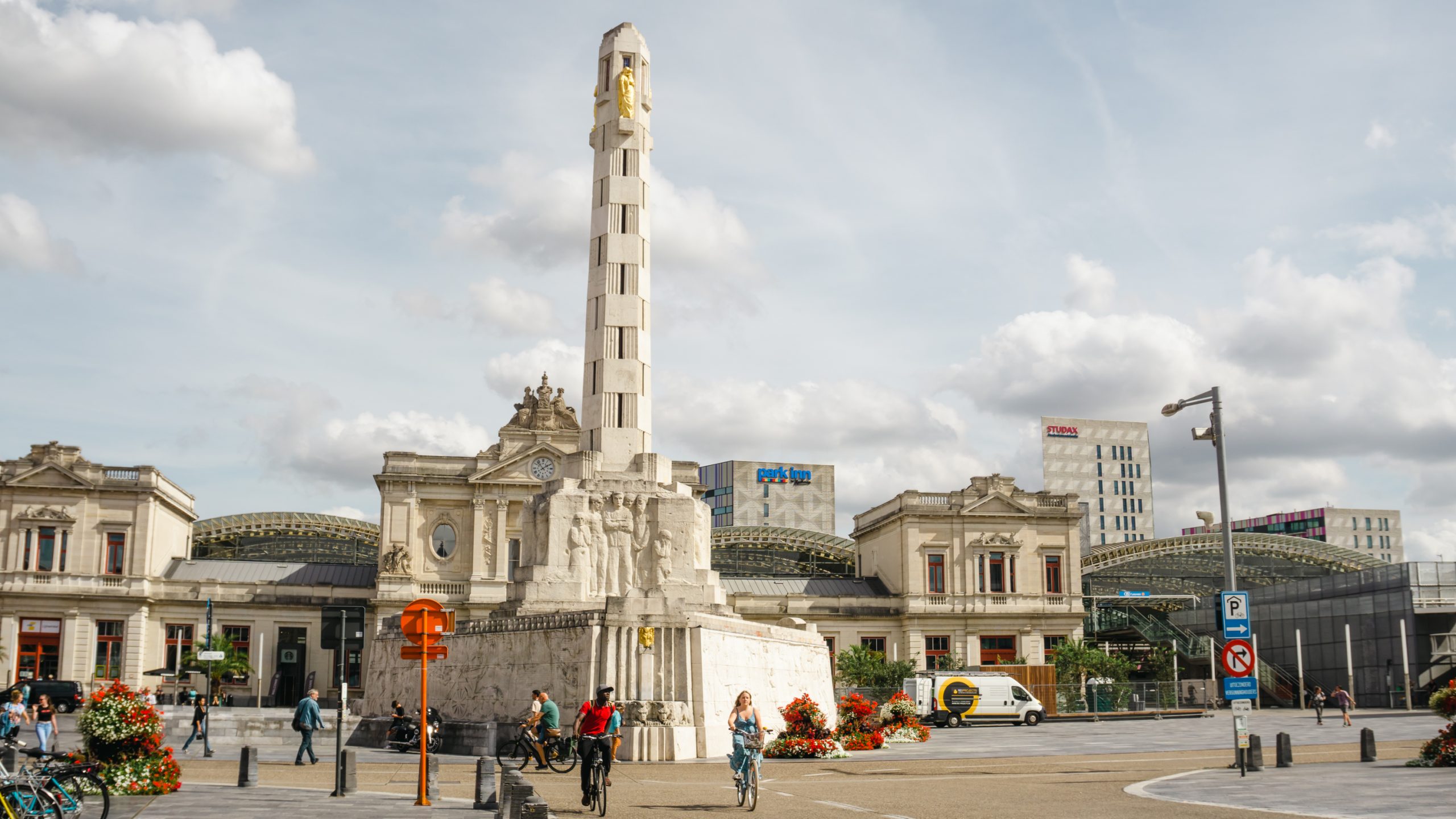
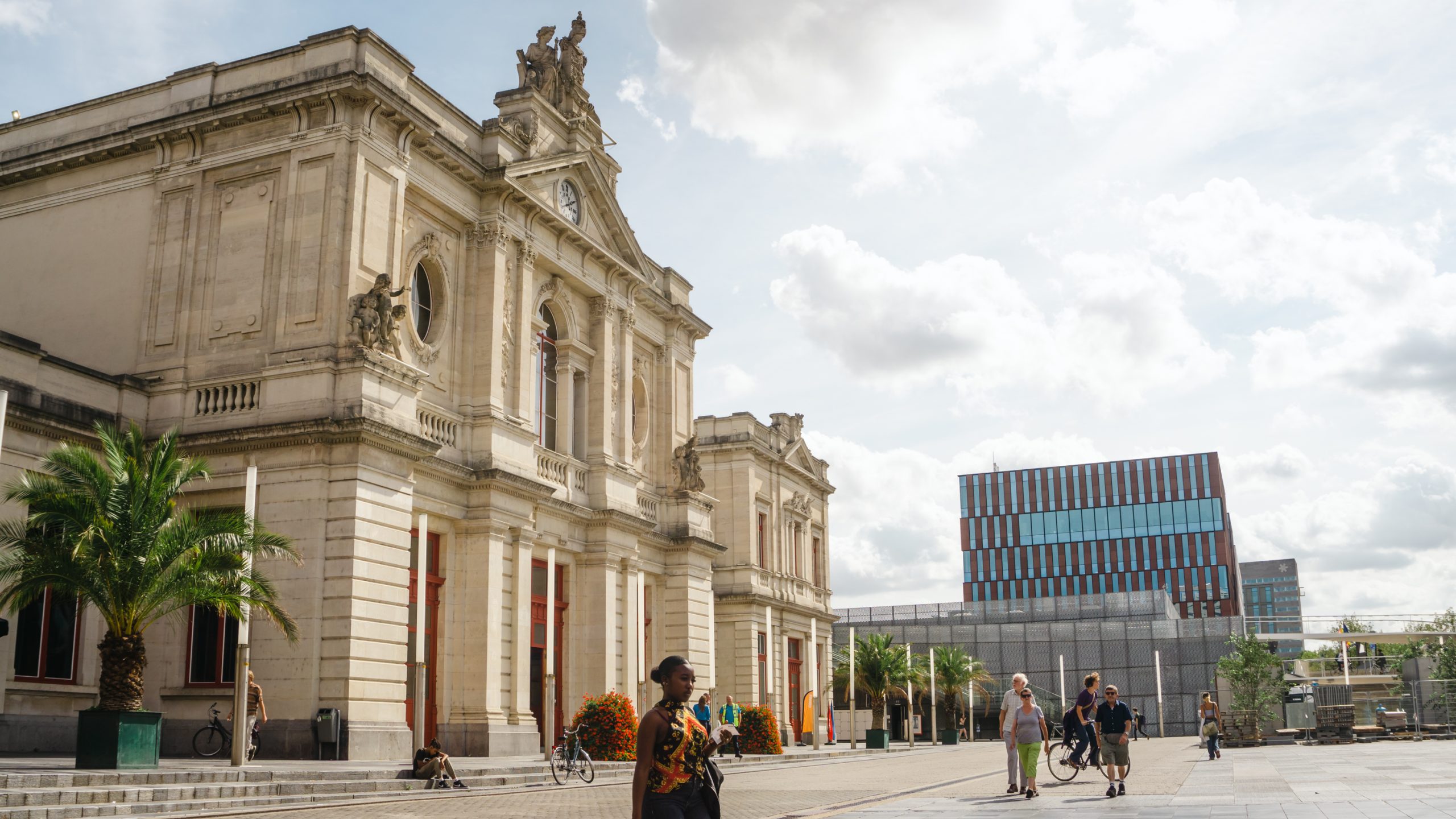
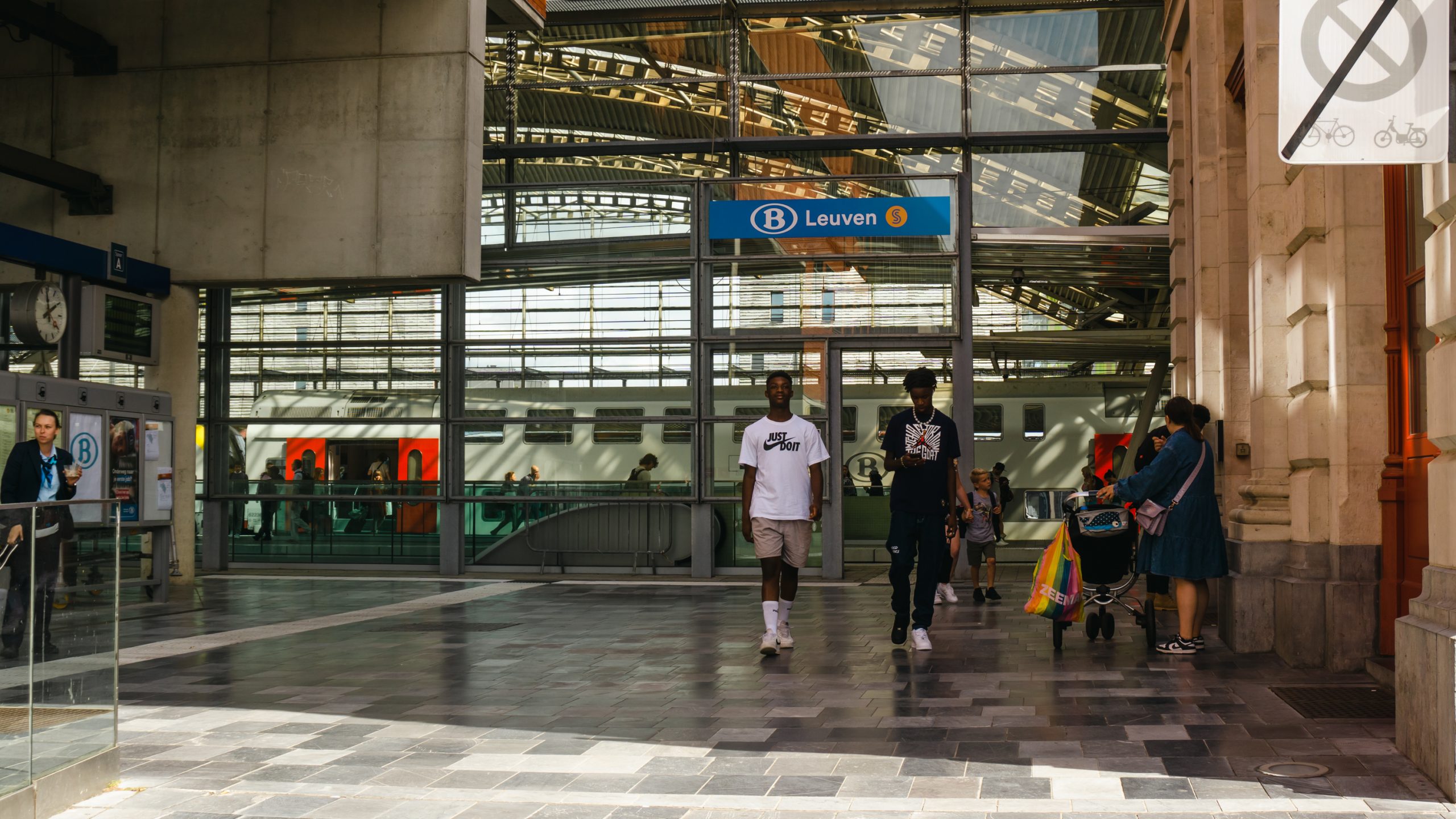
Studies
It’s hard for me to compare my studies in Belgium with my studies in Poland, because in both countries I studied in slightly different programmes and at a different level. I suspect that the biggest differences are due to those factors. In Poland, I obtained a bachelor’s degree in Computer Science at the University of Warsaw, which – to put it mildly – is not the easiest programme 🤡. In Belgium, on the other hand, I did a master’s degree in Bioinformatics, which as a field uses a lot of statistics and programming, but mostly only as tools to discover biology, not as a main focus. So despite its name, Bioinformatics has little to do with Computer Science.
My main goal for my master’s degree was to study natural sciences and the application of Computer Science in them. During my bachelor’s, I took two bioinformatics courses, so I had minimal experience with the field and that’s where I turned my steps when searching for Master programmes. However, most universities required prior biology experience, which of course I didn’t have. Of those that accepted 'newbies’, most offered only computational courses that simply made use of biological data, but did not teach much about biology itself.
I already described the process of choosing studies and application 2 years ago: Application for studies abroad .
I chose KU Leuven because the first semester was almost entirely devoted to learning the basics of biology (or basics of programming – depending on your background), and bioinformatics courses came in later. I’m a fan of the bottom-up learning, so I liked this setup. What I liked slightly less was the amount of statistics and machine learning courses, which at that time did not interest me in the slightest. Ironically, they later turned out to be the easiest for me, the most useful and related to my Master thesis.
After two years, I can say that my goals have been met. I learned biology up to a level where I didn’t want to know any more. Additionally, I learned statistics, ML and neural networks, which proved useful at my job. I also learned to read and write scientific papers – something I had no contact with before. Overall, I got everything I wanted and more.
Students of the programme seem to share the opinion that studies are difficult. They justify this mainly by the number of courses we had in each semester (7-9) and the fact that the number of ECTS often did not correspond to the effort that had to be put into passing. A large number of courses also means a long session period (3-4 weeks). There was only one retake period, so whether you fail something in January or June, you have your retakes in September.
From my perspective, studying here was much easier than my bachelor’s degree and the only thing I complained about was the length of the exam period and the length of the lectures (over 3 hours!). But I think that says more about my bachelor’s degree than about studying in Belgium.
At the beginning of our studies, the programme supervisors showed us a schedule, which suggested that students should spend about 42 hours a week on studying to achieve satisfactory results. During the semester, I certainly put effort into handing in the assignments on time (and there were quite a lot of them in the third semester). However, after the first semester, I did not attend many classes, and I certainly did not study the lecture material on a regular basis. Before each exam, I spent 3-7 days cramming – mainly doing the exams from previous years – and I had only two September retakes. However, I wasn’t aiming for high grades – those were usually not related to how confident I felt with the material anyway. Ultimately, as one of only a few people, I graduated on time and even with honours. At the same time, I wouldn’t consider myself a genius of academia. I think I was just used to studying under high pressure (something that was necessary to survive at my previous university) and that happened to work.
The greatest advantage
The greatest academic advantage of my entire studies in Belgium was my master’s thesis. The thesis is traditionally conducted in one of many university’s laboratories (or in cooperation with some external lab). Just before the end of the first year, the research teams working at the university announce potential thesis topics that they would be happy to supervise. Often, the topics are related to the projects of a given lab and the doctoral thesis of one of its members, who later becomes the student’s supervisor.
The topics are quite diverse and you can also propose your own, as long as any research team agrees to accept it. My master’s thesis was about designing a neural network model for the integration of different analytes obtained from the same tissue (i.e. mRNA with proteins collected from the same cells). Kasper was analysing the bacteria responsible for a certain vegetable disease. A classmate from my lab created simulations of mutations occurring at fertilisation. There were also a lot of topics related to protein structure prediction, organ development simulation, Alzheimer’s research, or microbiome analysis in the context of IBD. Everyone had to choose two topics that suited them best, but before that, you had to „interview” with a potential job supervisor to see if you were both ready for a year-long relationship. 🙂
The roadmap after receiving your topic depended on the specific lab. Usually, you were involved to some degree in its daily work. If someone planned a career in academia, they had a lot of opportunities to prove themselves.
By design, you were supposed to write your thesis in relation to some practical goal, not just for the sake of writing.
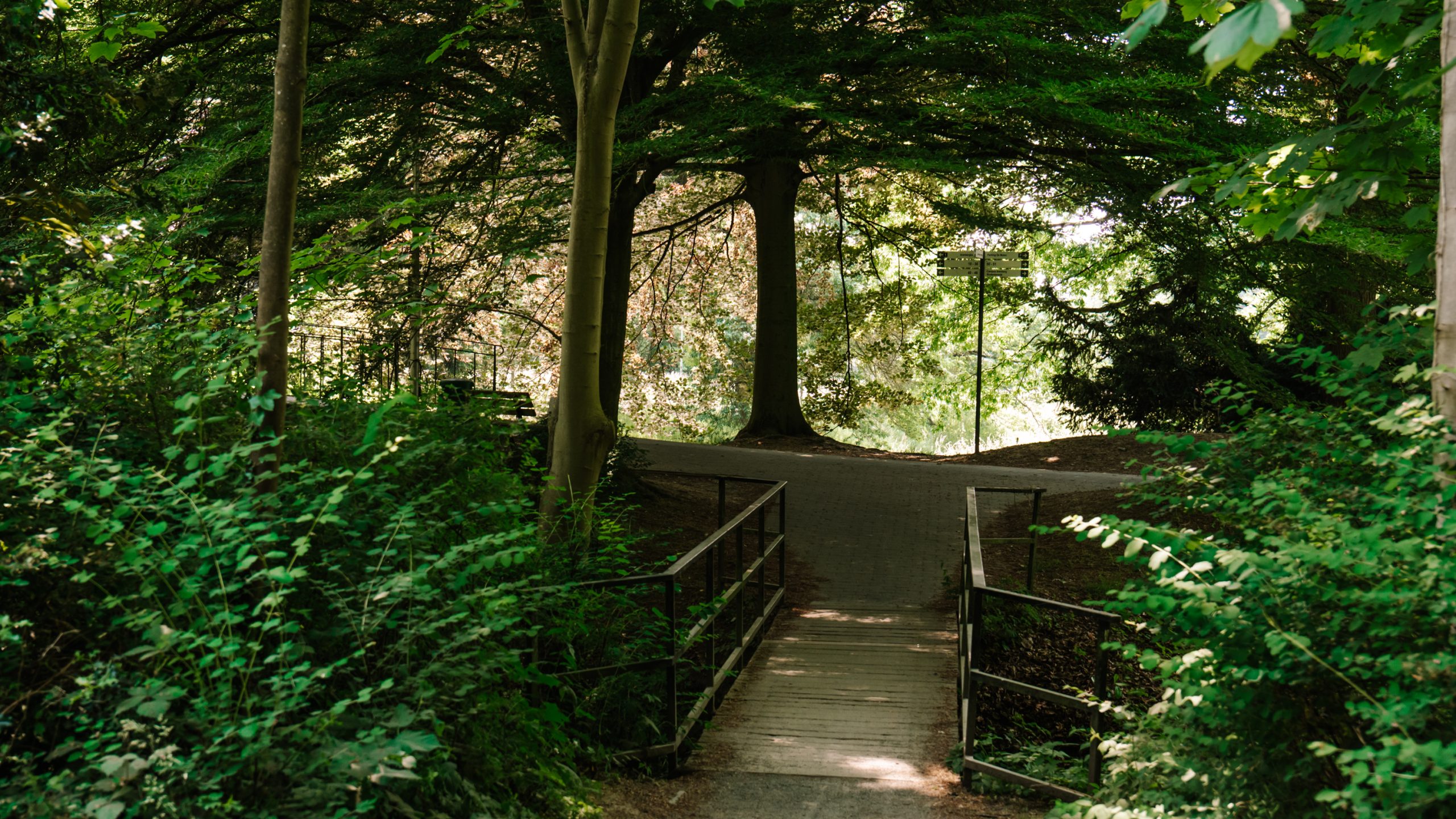
There is a large forest on the science campus and you can relax in a nice scenery between classes.
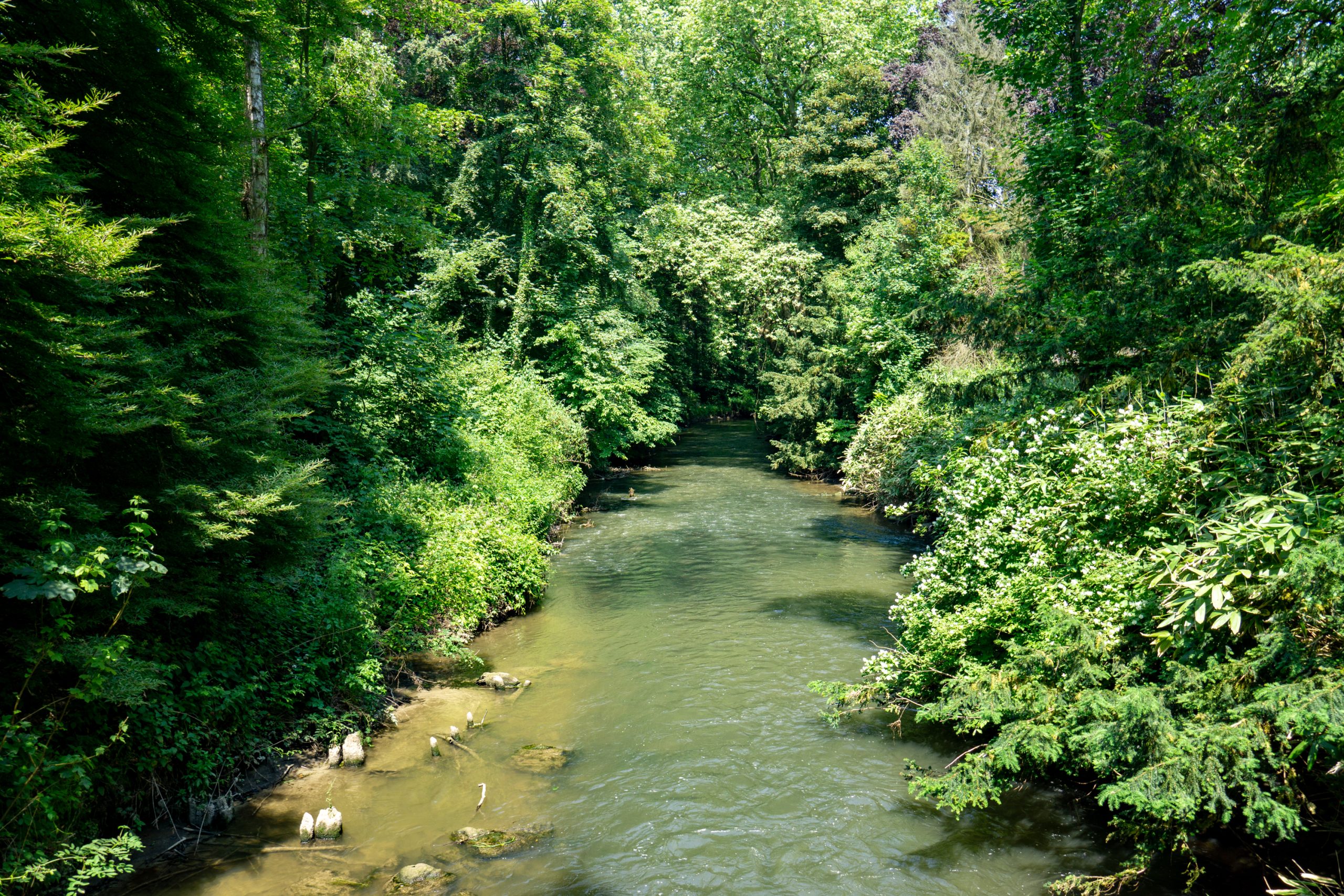
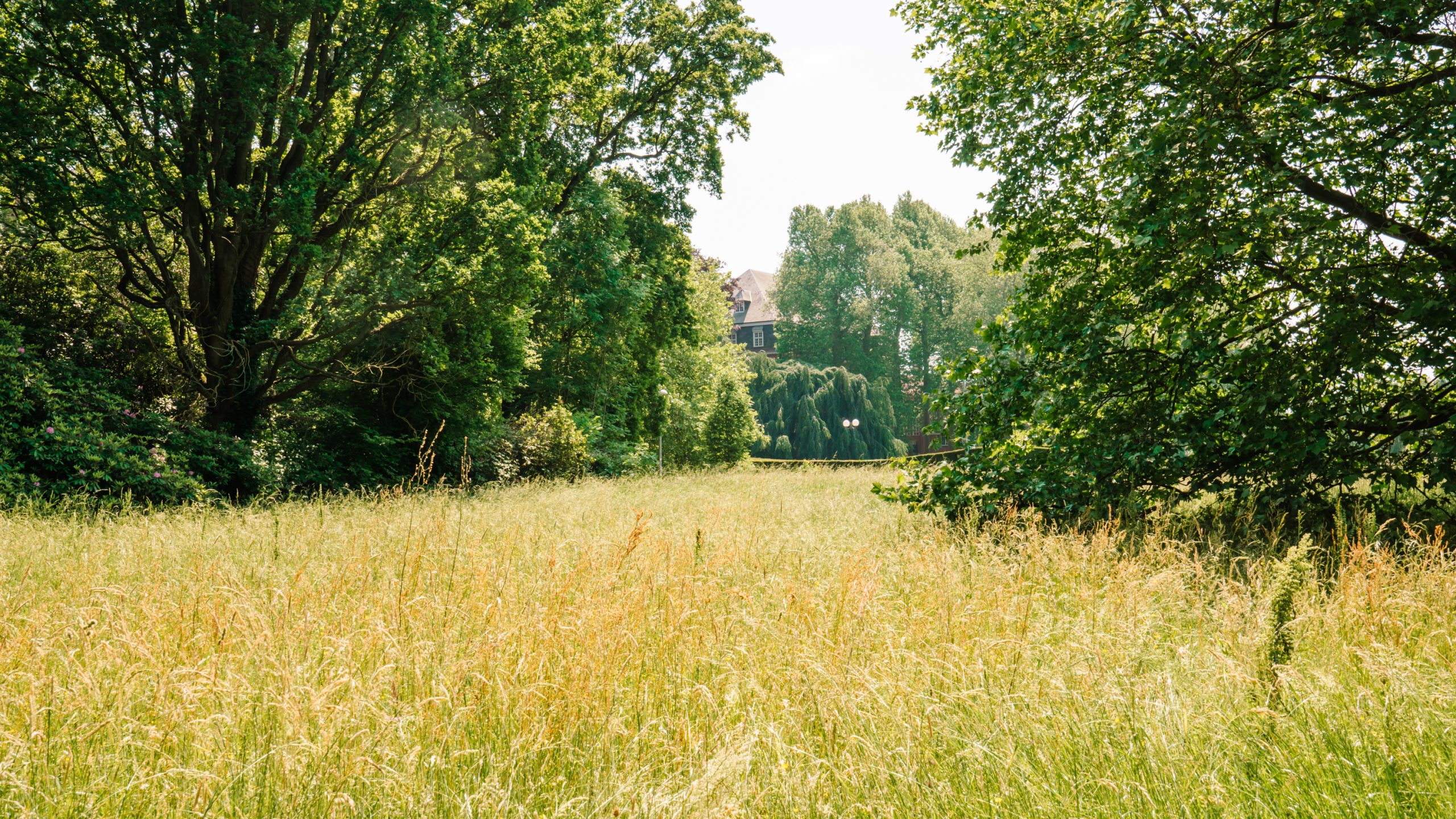
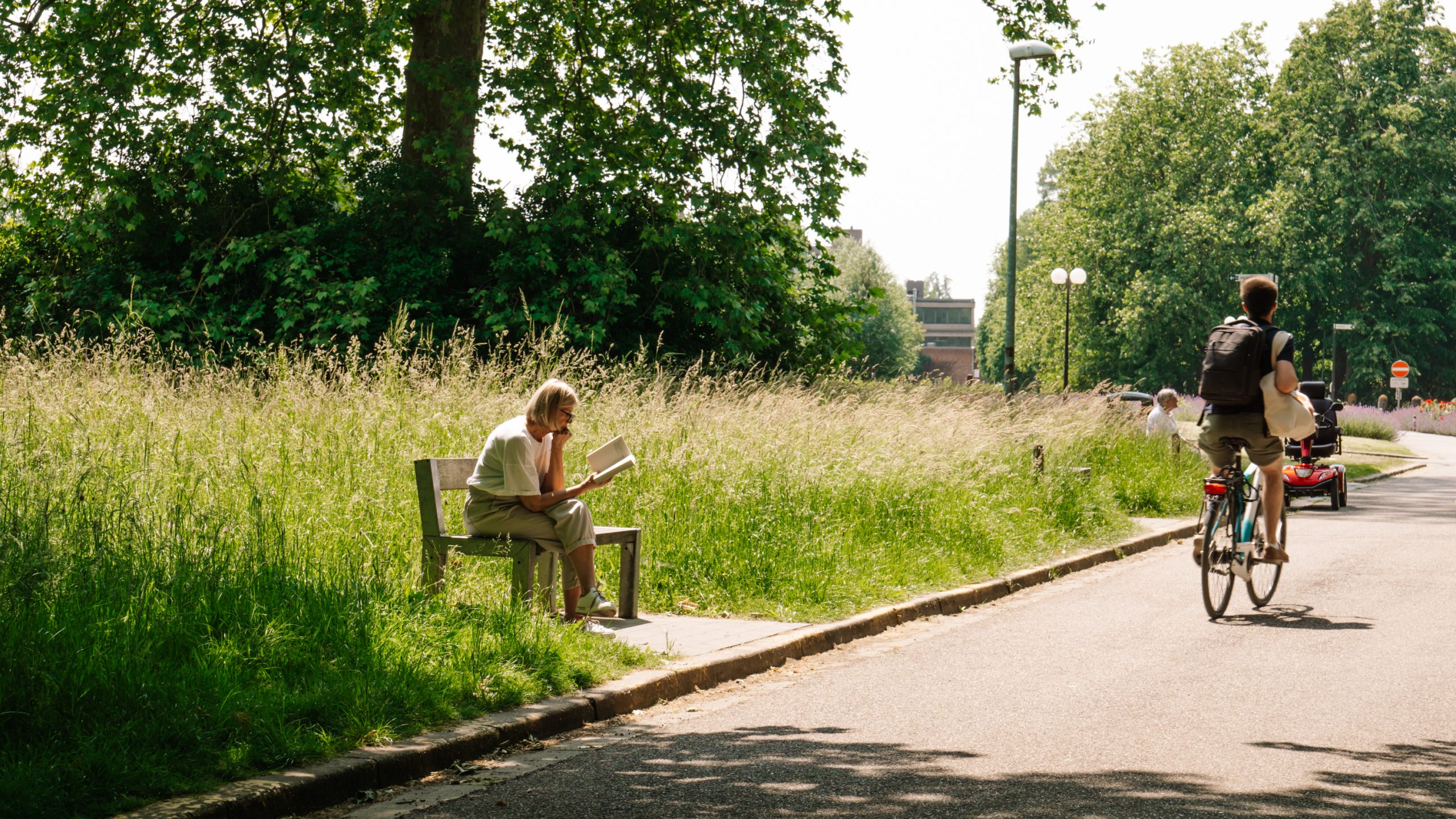
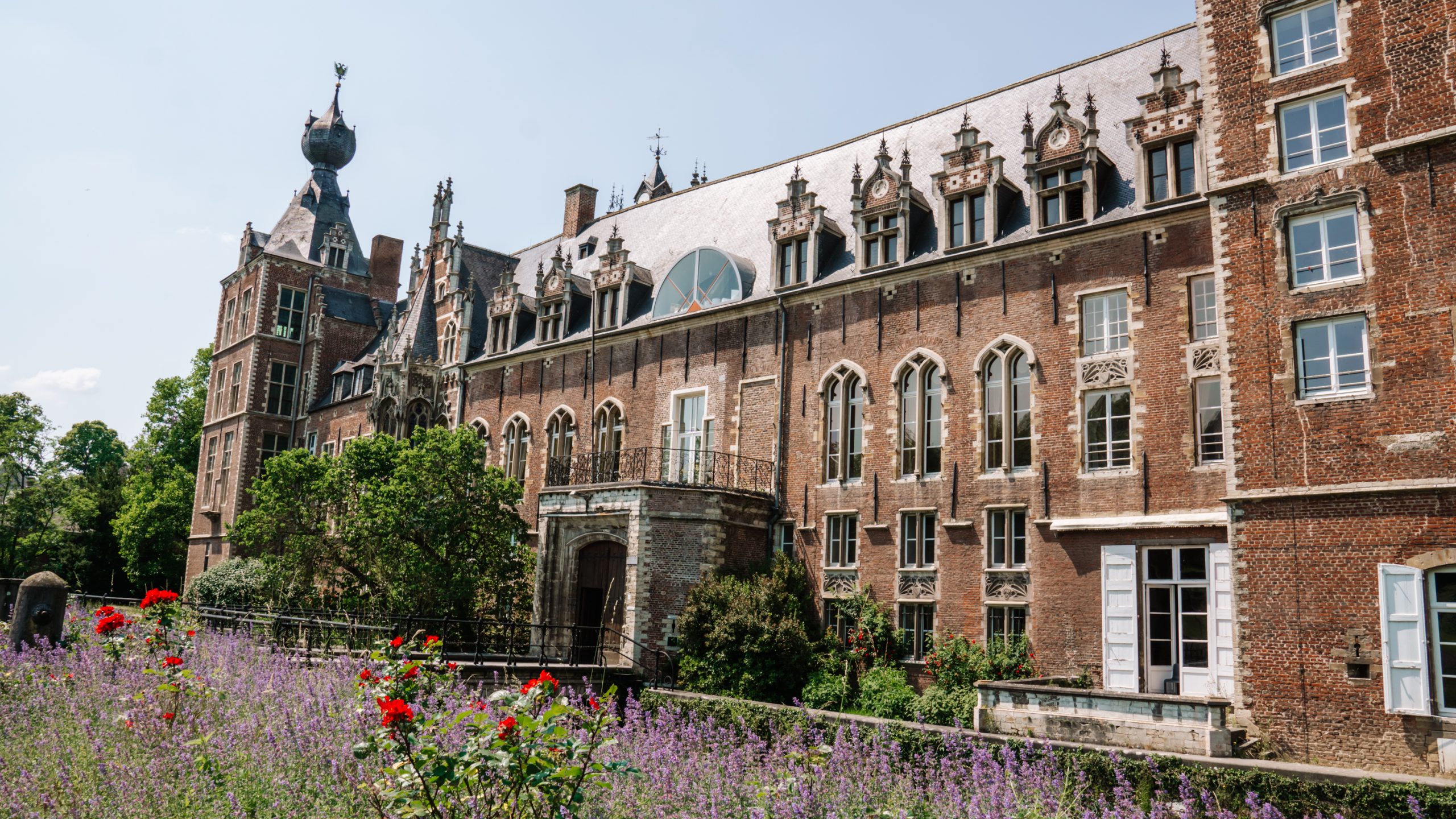
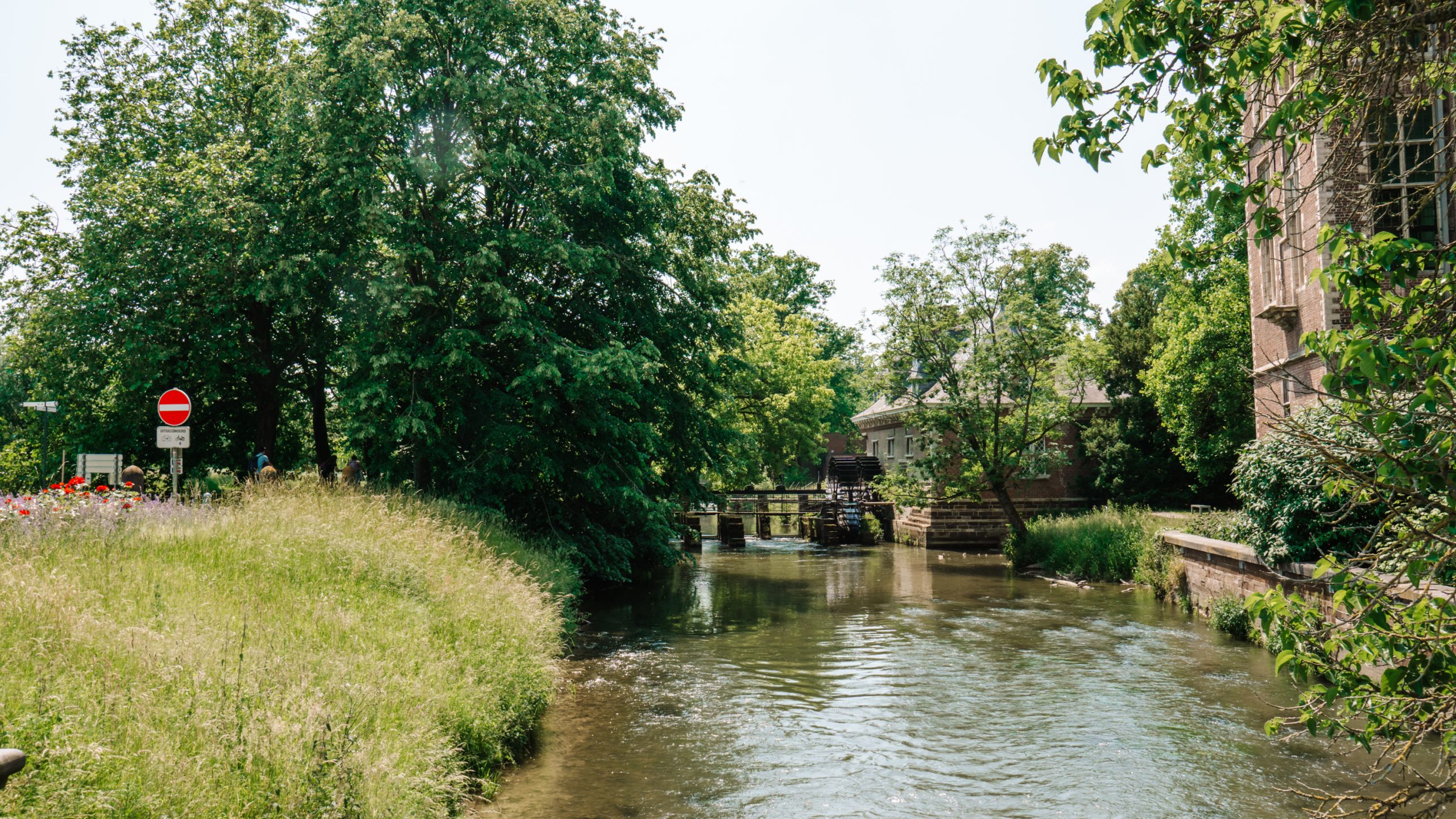
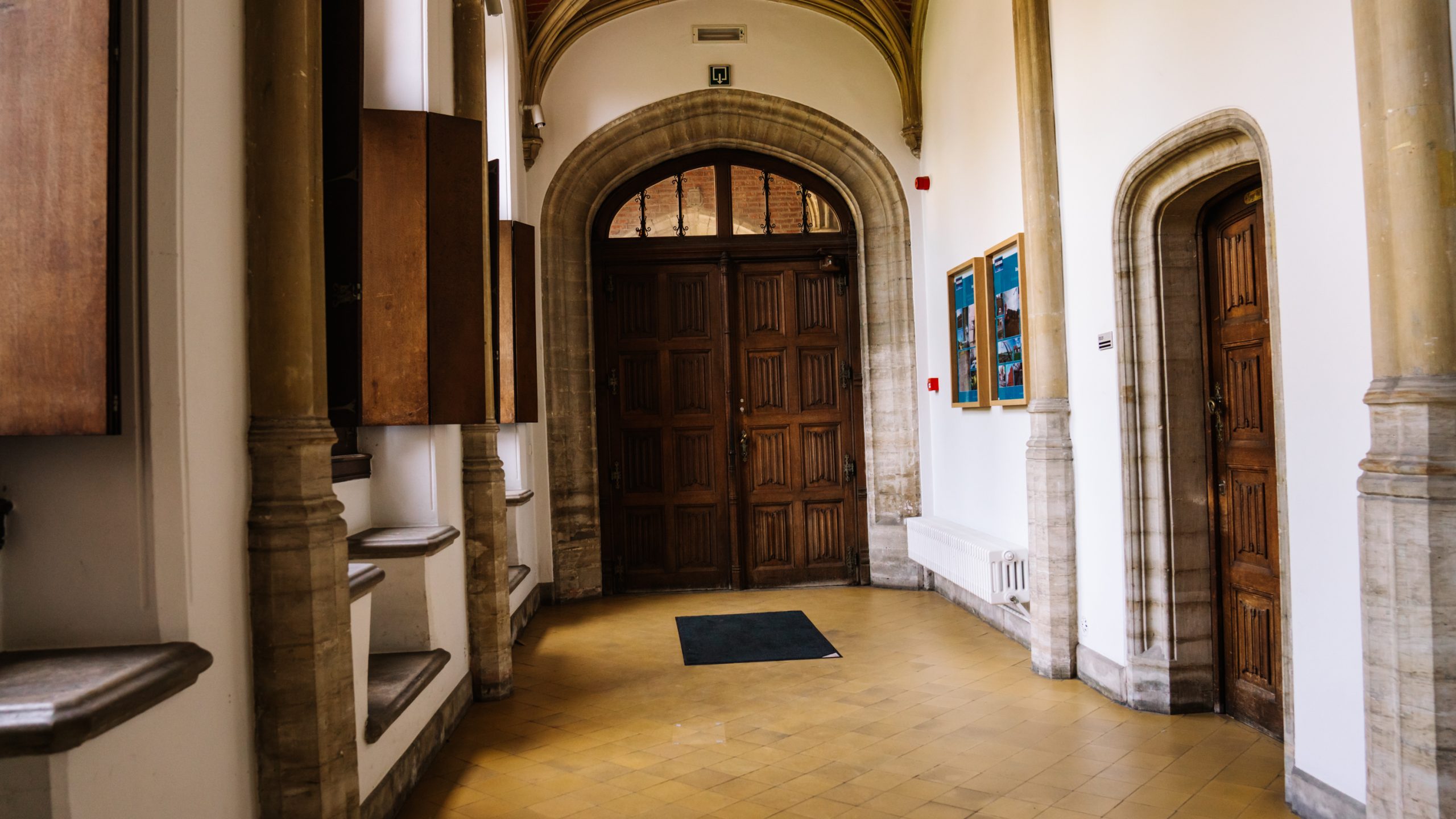
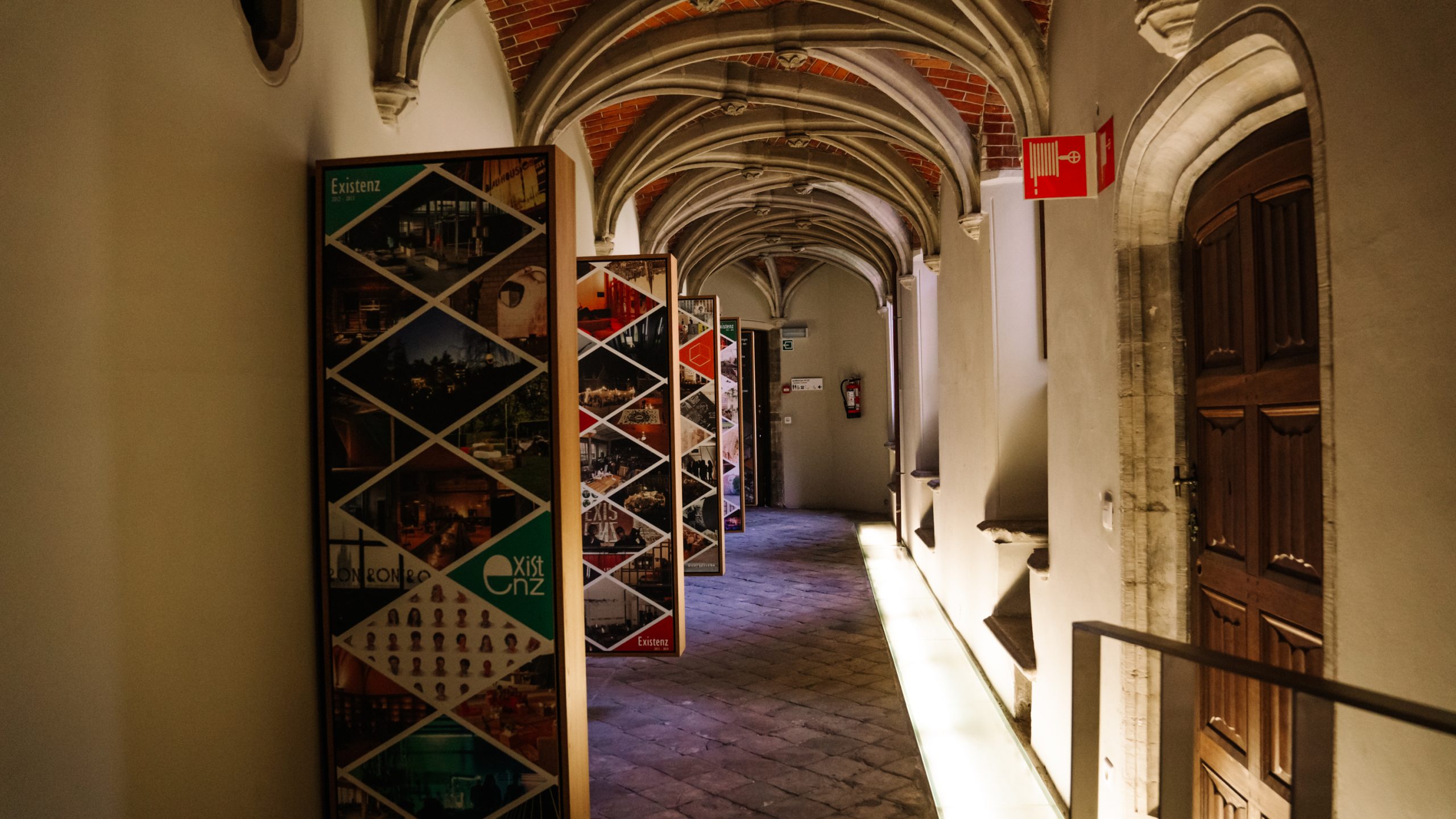
Other pros and cons
The nice thing is the period of 2 weeks before each exam session, which is free from classes and is supposed to be devoted to study. That was something I could definitely use in Poland.
It also means more free time. The fall semester starts in the last week of September and ends before Christmas. The spring semester starts in mid-February and ends at the end of May. Easter holidays last for 2 weeks.
The biggest drawback of the program, in my opinion, was the complete lack of feedback. Many courses included assignments, but you rarely knew what grade you received for them – at the end of semester you were only given the final grade without knowing what were its partial components. Theoretically, you could ask for feedback after the exam: within a week you had to send an e-mail to the professor asking for the feedback. I sent it once and after 2 months I received a link to a 3-minute meeting on Zoom, where it turned out that my points were not counted properly, but changing the grade this late was problematic. Ultimately, I managed to do it, but it discouraged me from further attempts to communicate with the professors. I’ve heard similar stories from other friends as well. Most importantly, the grade you receive at the end is also the only one you ever see, so there is no room for improvement throughout the semester.
It was quite a shock for me compared to my experience at the Faculty of Mathematics of the University of Warsaw, where every professor or tutor held weekly office hours and the students were encouraged at every step to make use of them. The feedback was also provided by default for each assignment, and a meeting with the professor after the exam to discuss your score was a standard.
Perhaps feedback doesn’t matter that much in the life sciences, where the grade is usually just proportional to how accurately you describe the system asked about in the exam. However, when it comes to programming or writing statistical reports, there is no other way than learning from your mistakes.
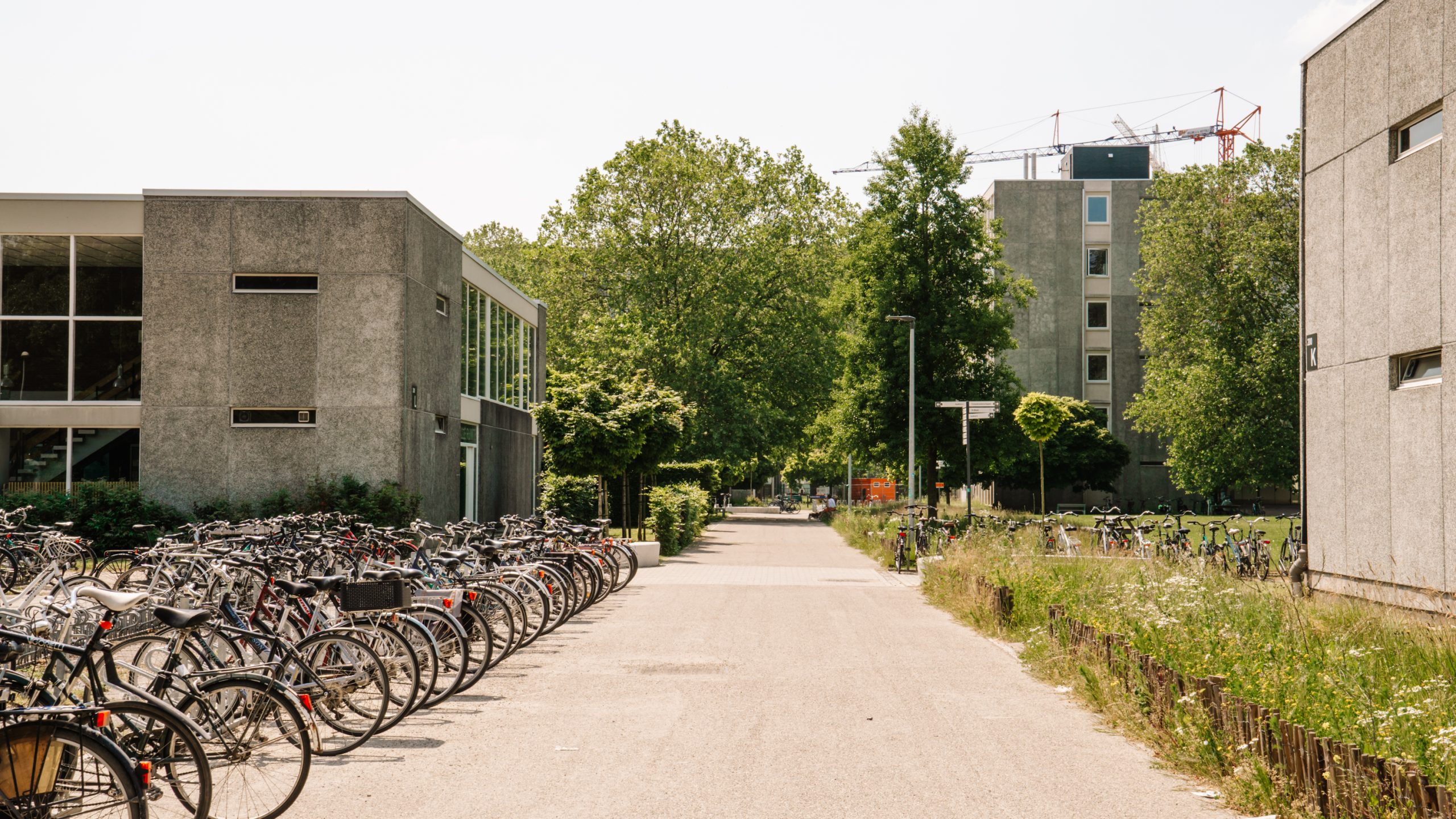
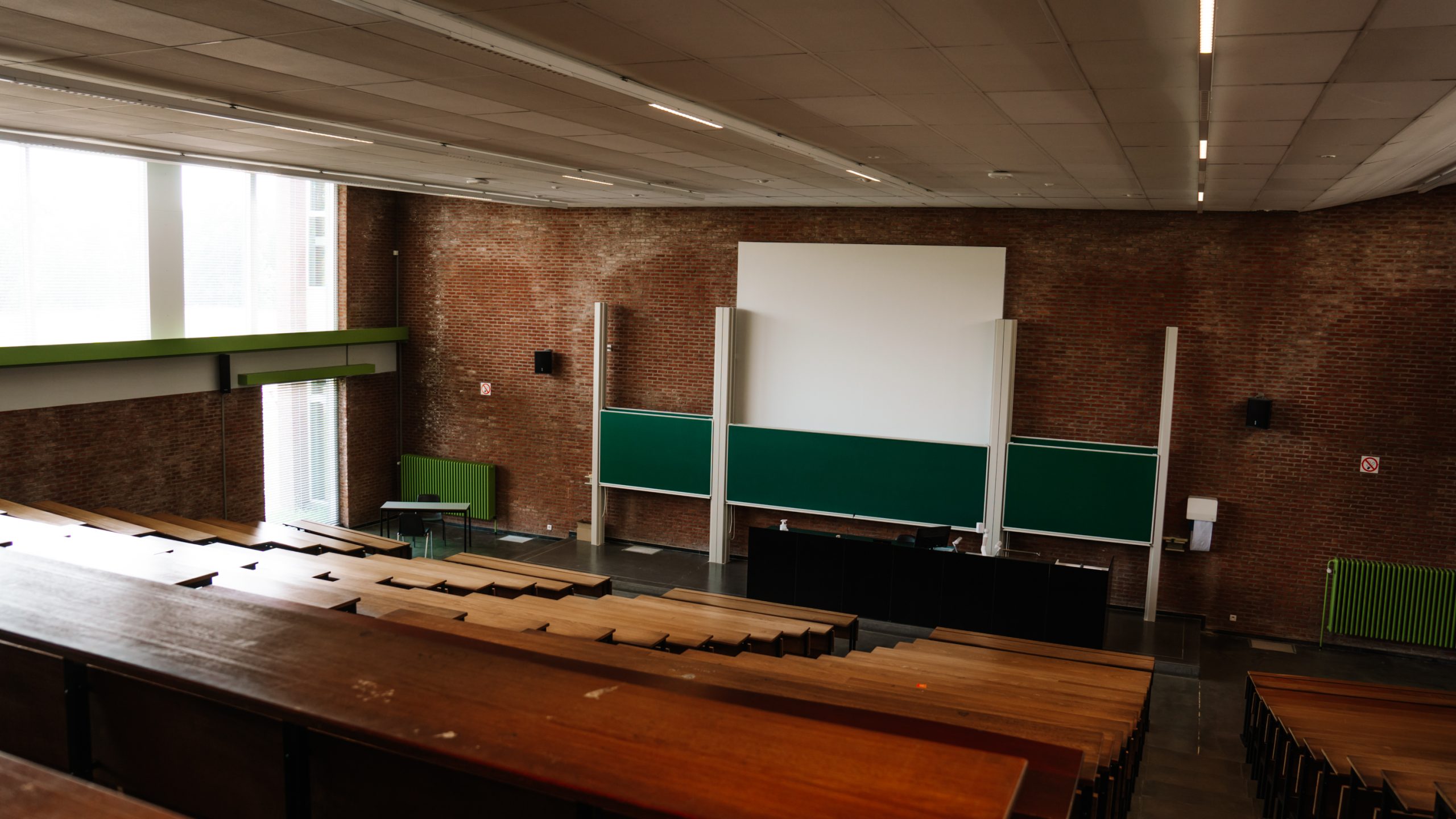
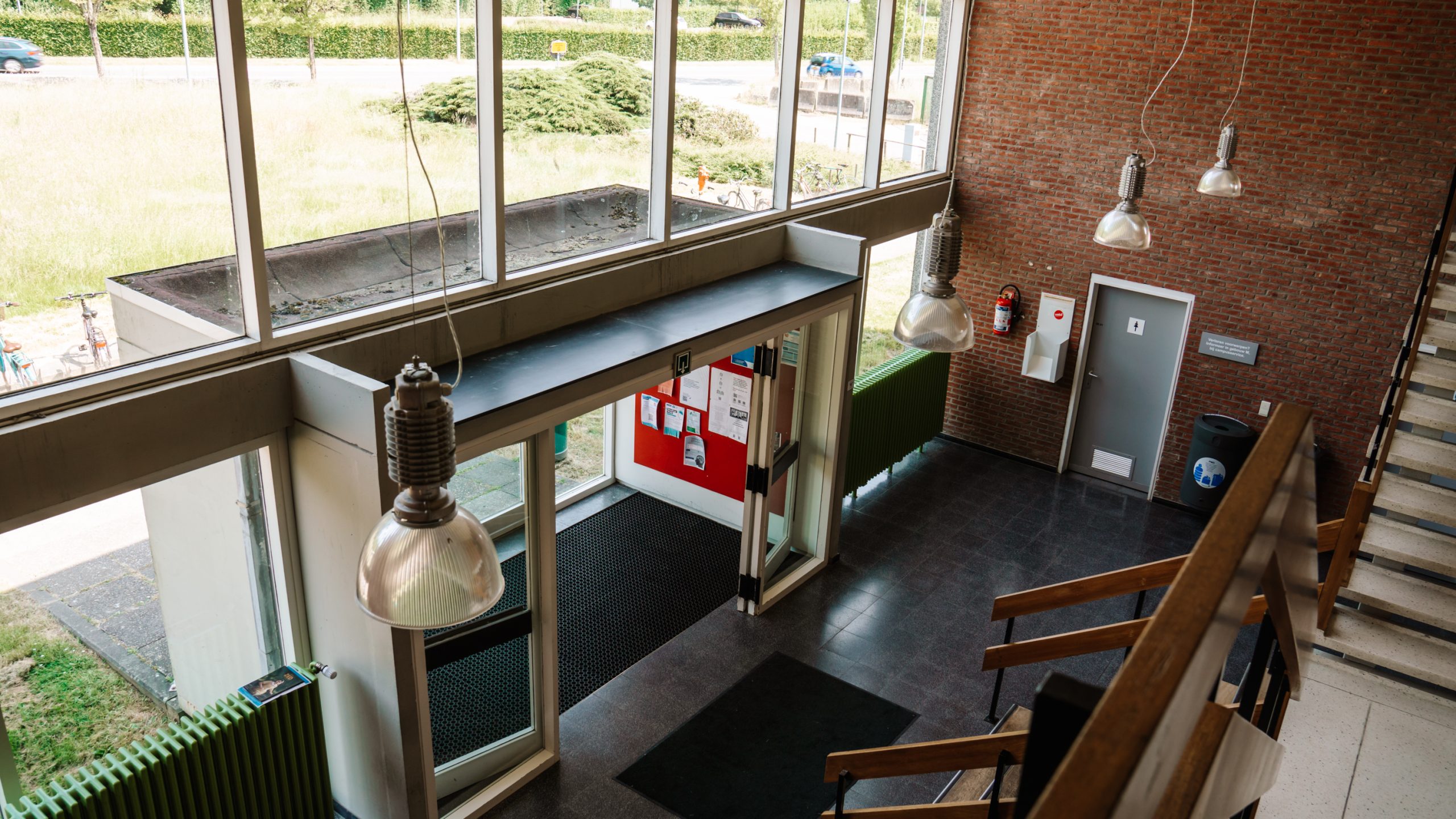
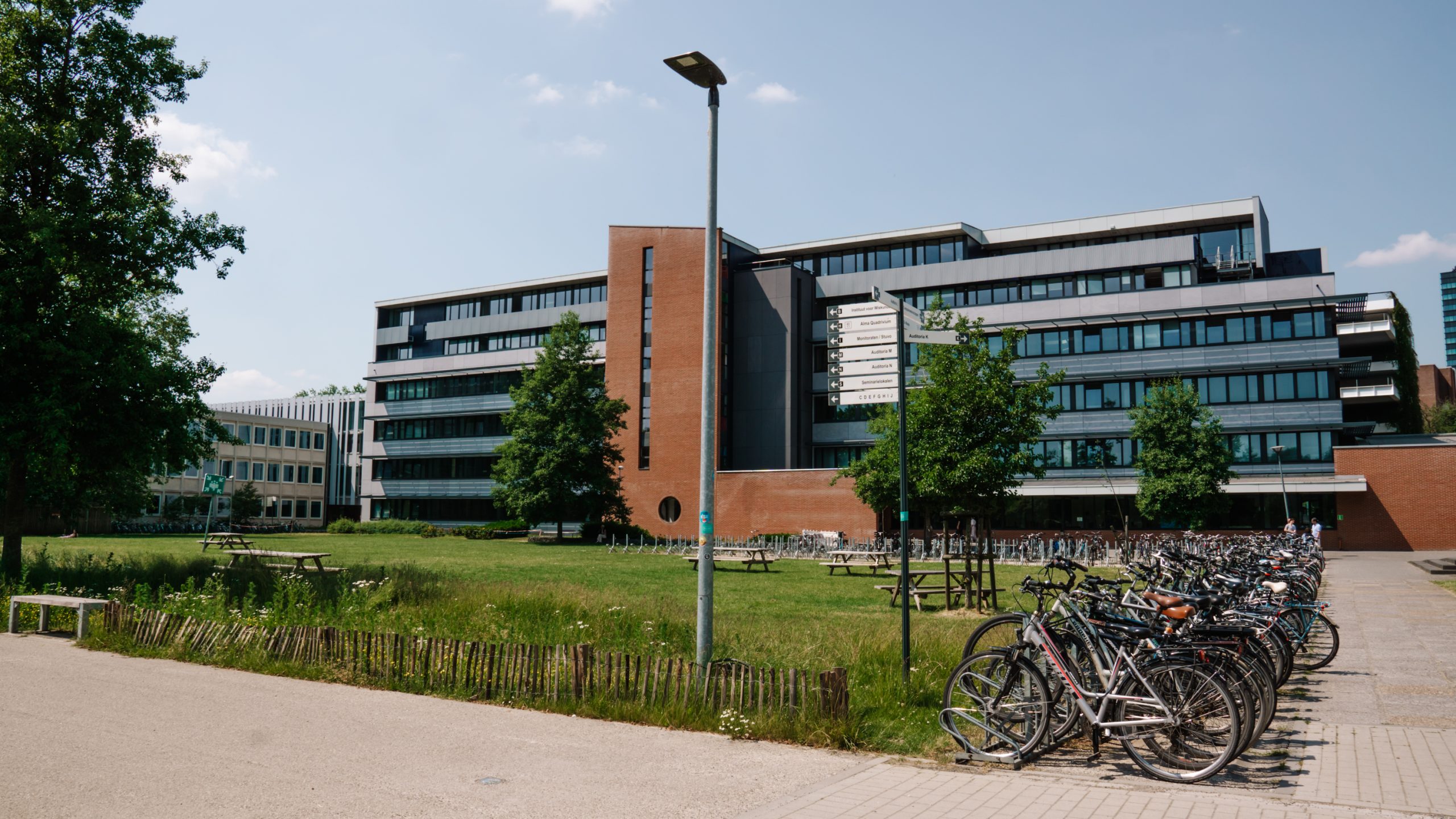
In the city center you can feel like in a dark academia dream, but on the science campus you can feel… at home (if you come from a post-communist country).
I was surprised that all of our classes were held in different buildings. In Warsaw, I always had all my lectures in the faculty building. Here, I got a chance to visit the faculty building maybe twice. If there were three lectures during a day, it might have been necessary to move between buildings three times – and sometimes even between campuses. On one hand, it was quite tiring, but on the other, you could visit various buildings and get some fresh air on the way.
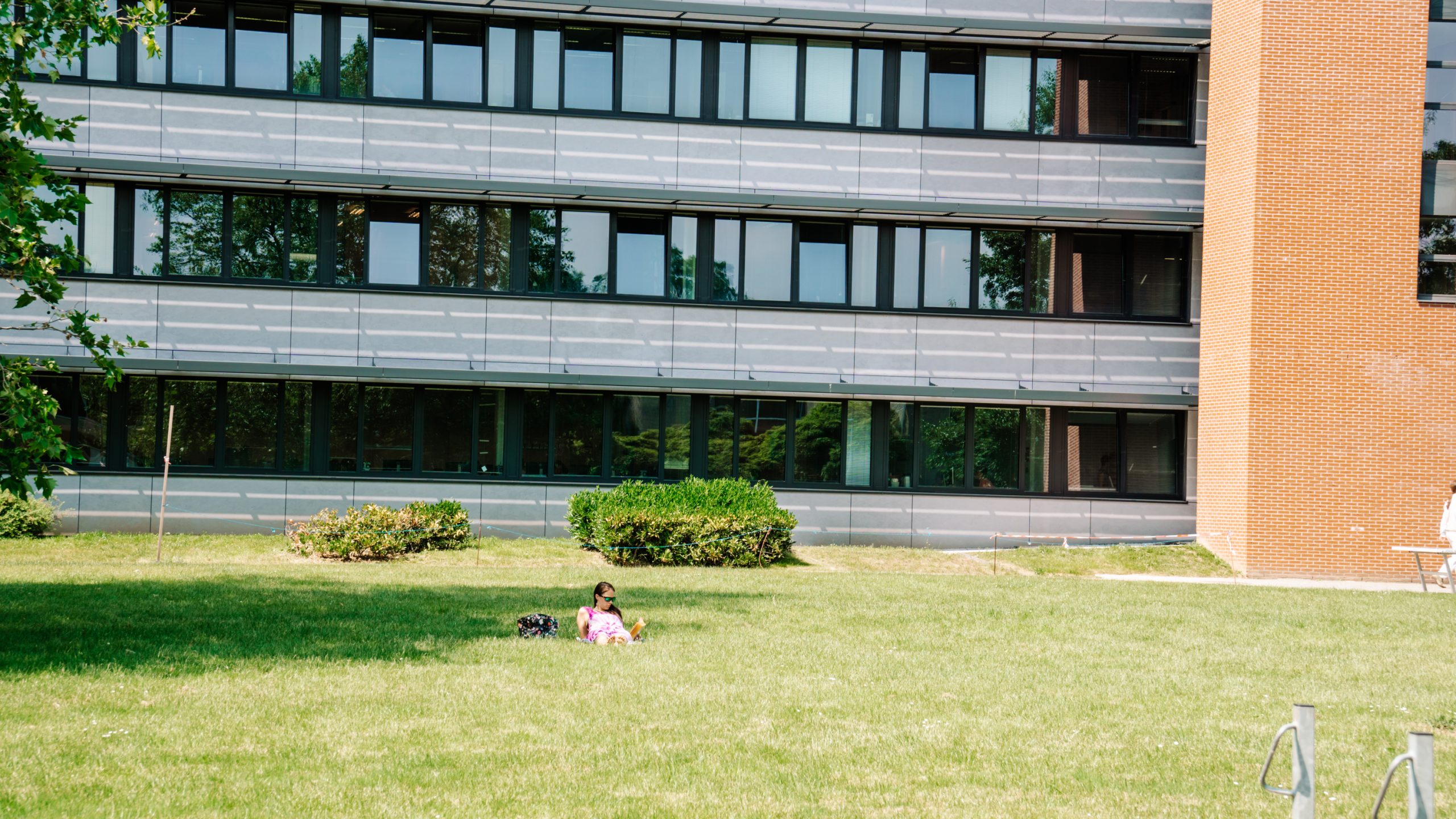
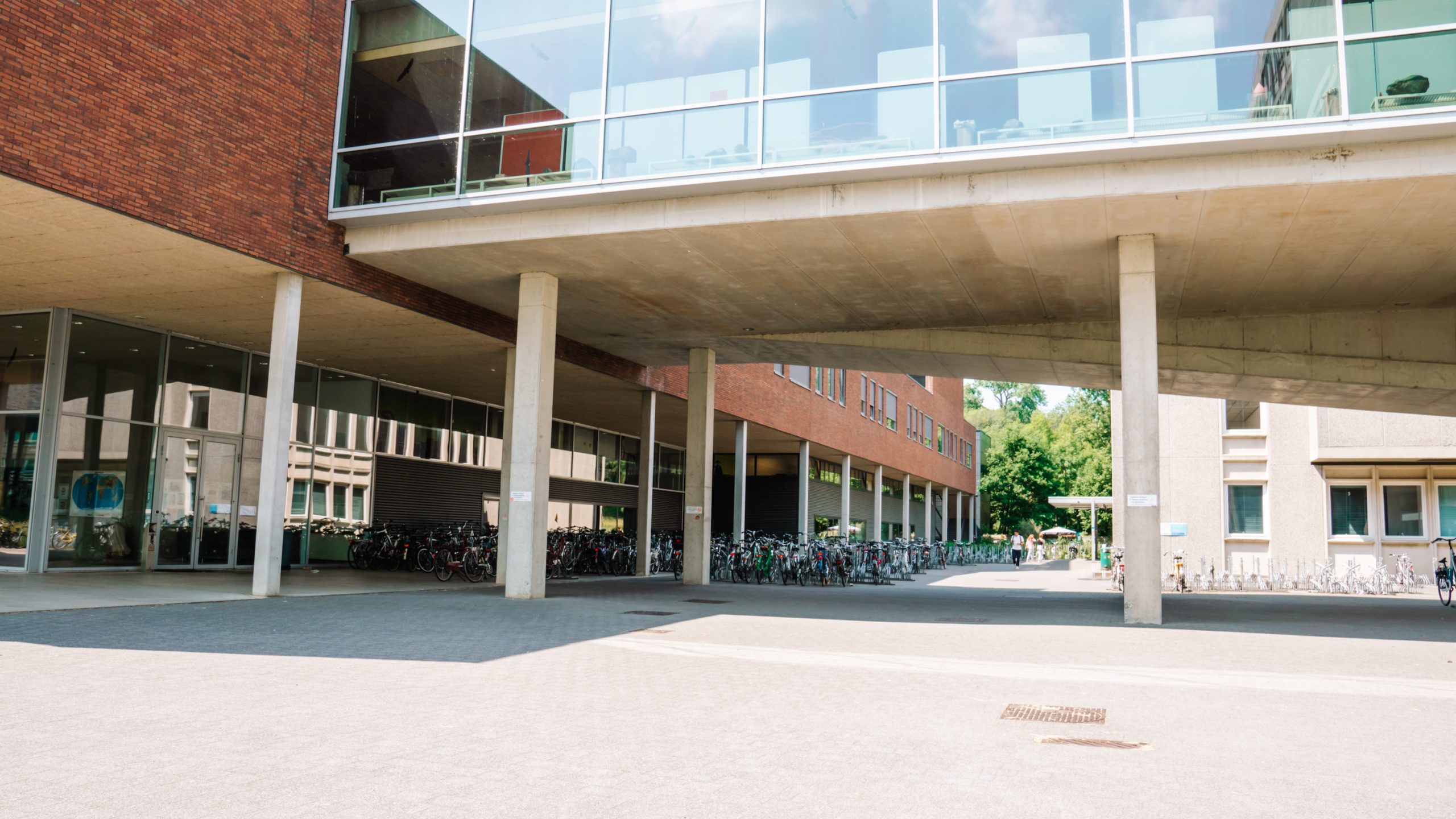
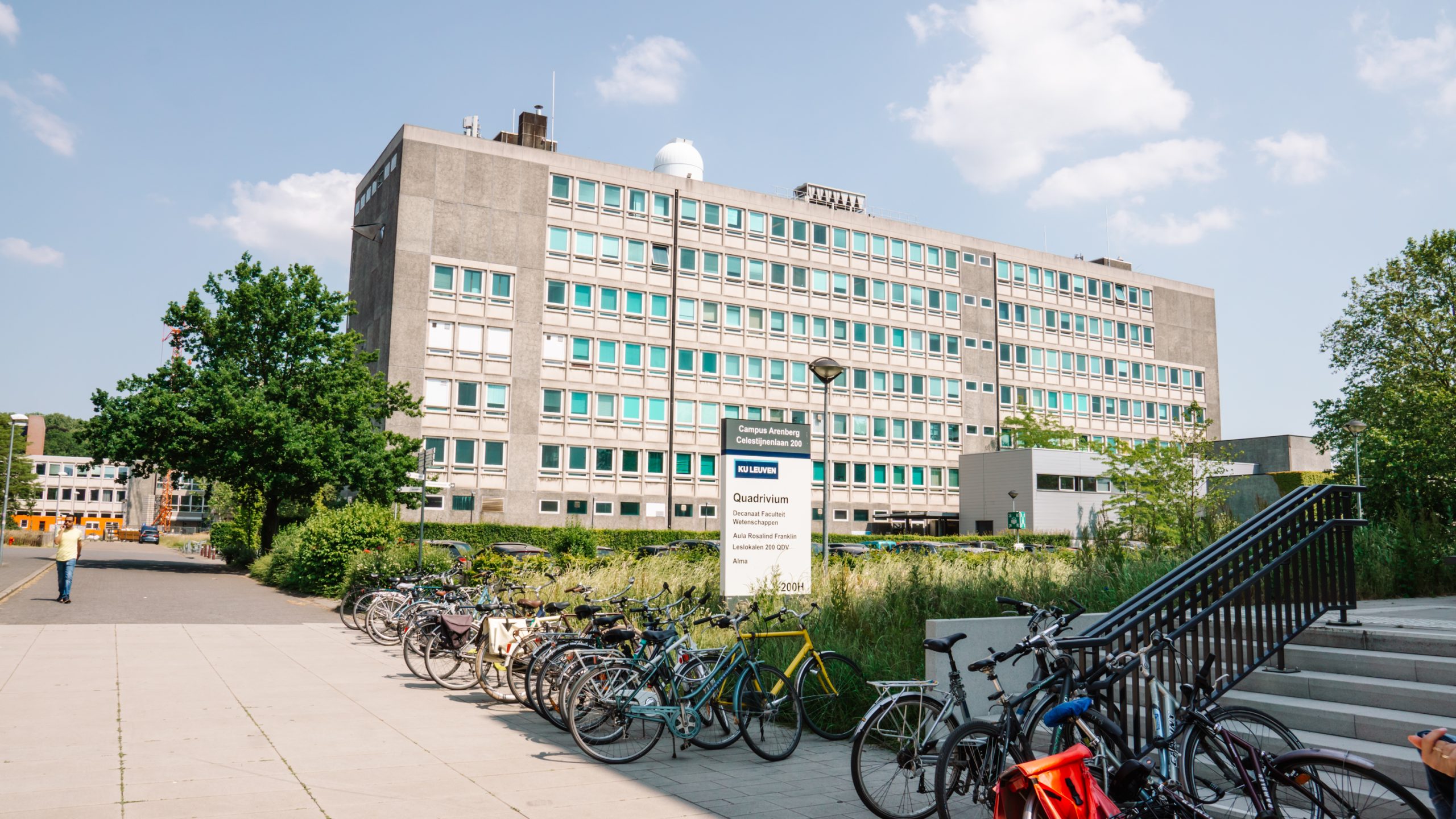
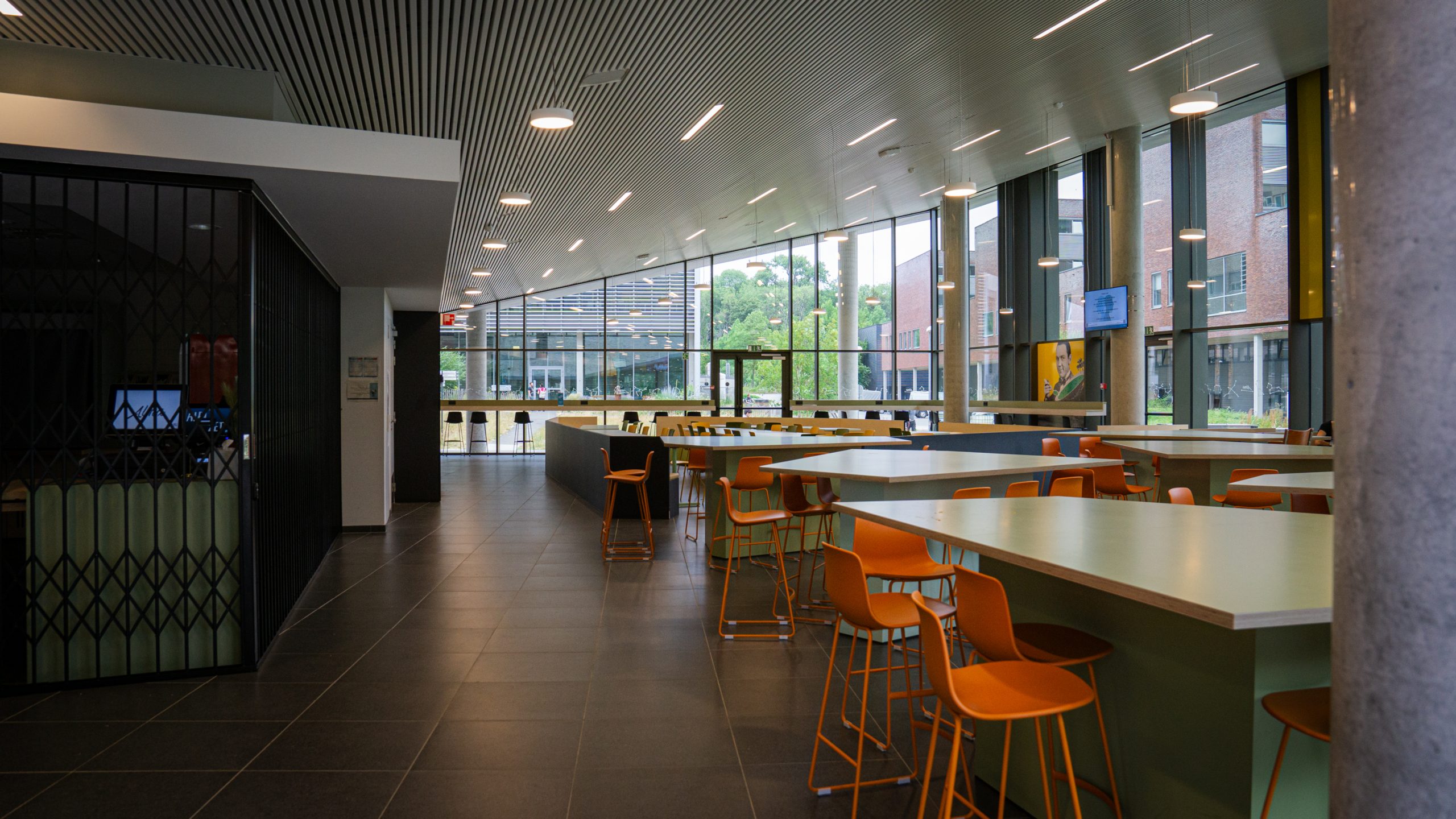
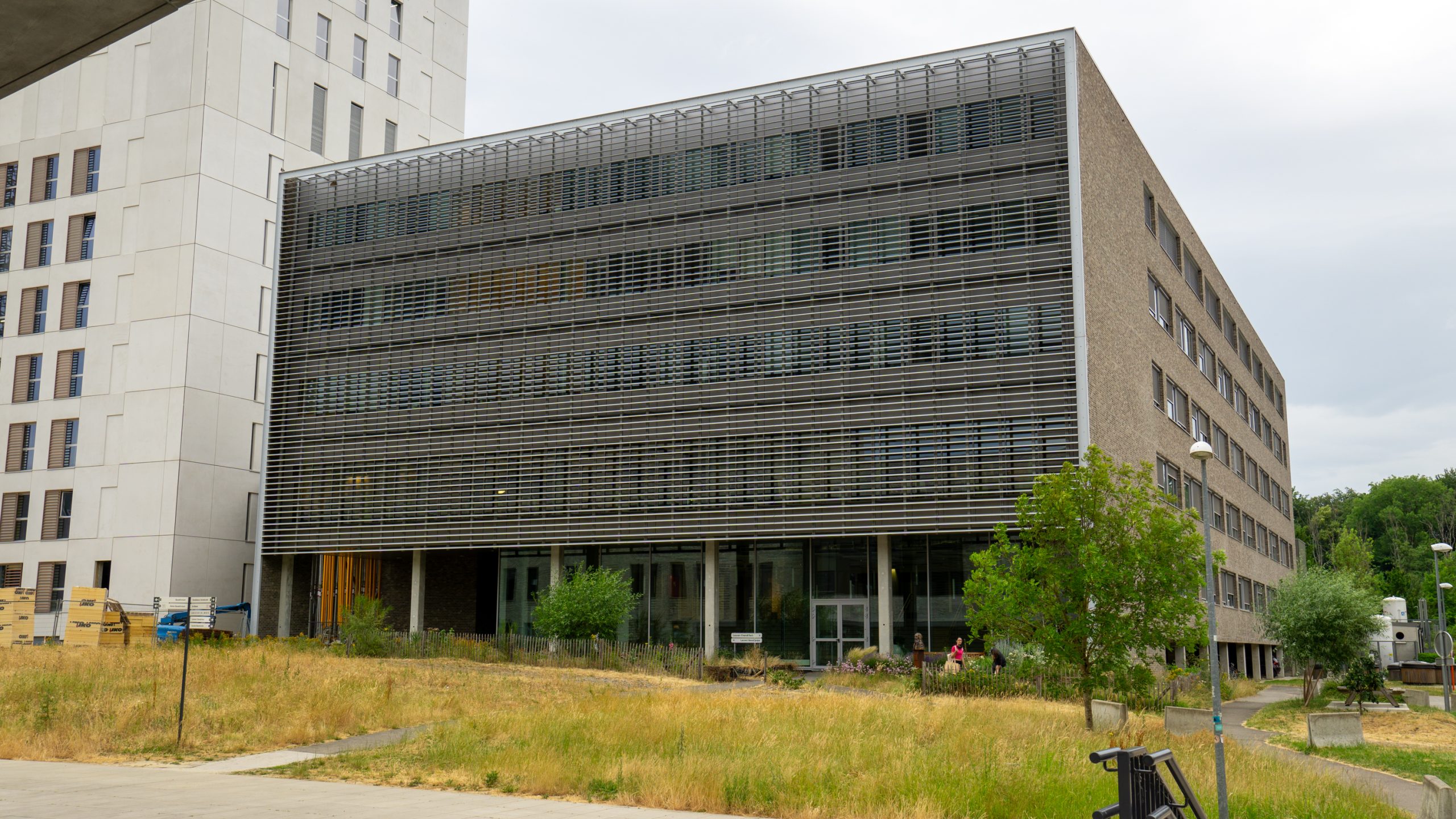
Student’s life
This aspect was largely connected to the urban architecture. The university is large and occupies a significant part of the city and its surroundings. Naturally, there will be plenty of places in the area intended for students, or at least popular among them. No matter where your student besties live, they will always be within 3 km.
The university has several dormitories in Leuven and this is probably the best place to start your social life. Dormitories have different standards and different prices: I lived in an IKEA-standard building built a few years ago and had my own bathroom, meanwhile Kasper lived in an old monastery with its own garden and built-in fireplace inside his room. A lot depends obviously on luck, but last year I got a great set of roommates and we organised a lot of dinners and hangouts together.

After all the years of apartment sharing and dorms, I’m looking forward to having the whole place to myself. But I have to admit that last year was the best farewell to student life I’ve could ever dreamed of.
Po wszystkich latach współlokatorstwa i akademika nie mogę się doczekać posiadania całego mieszkania tylko dla siebie, ale muszę przyznać, że ostatni rok był najlepszym pożegnaniem ze studenckim mieszkalnictwem, jakie mogłam sobie wymarzyć.
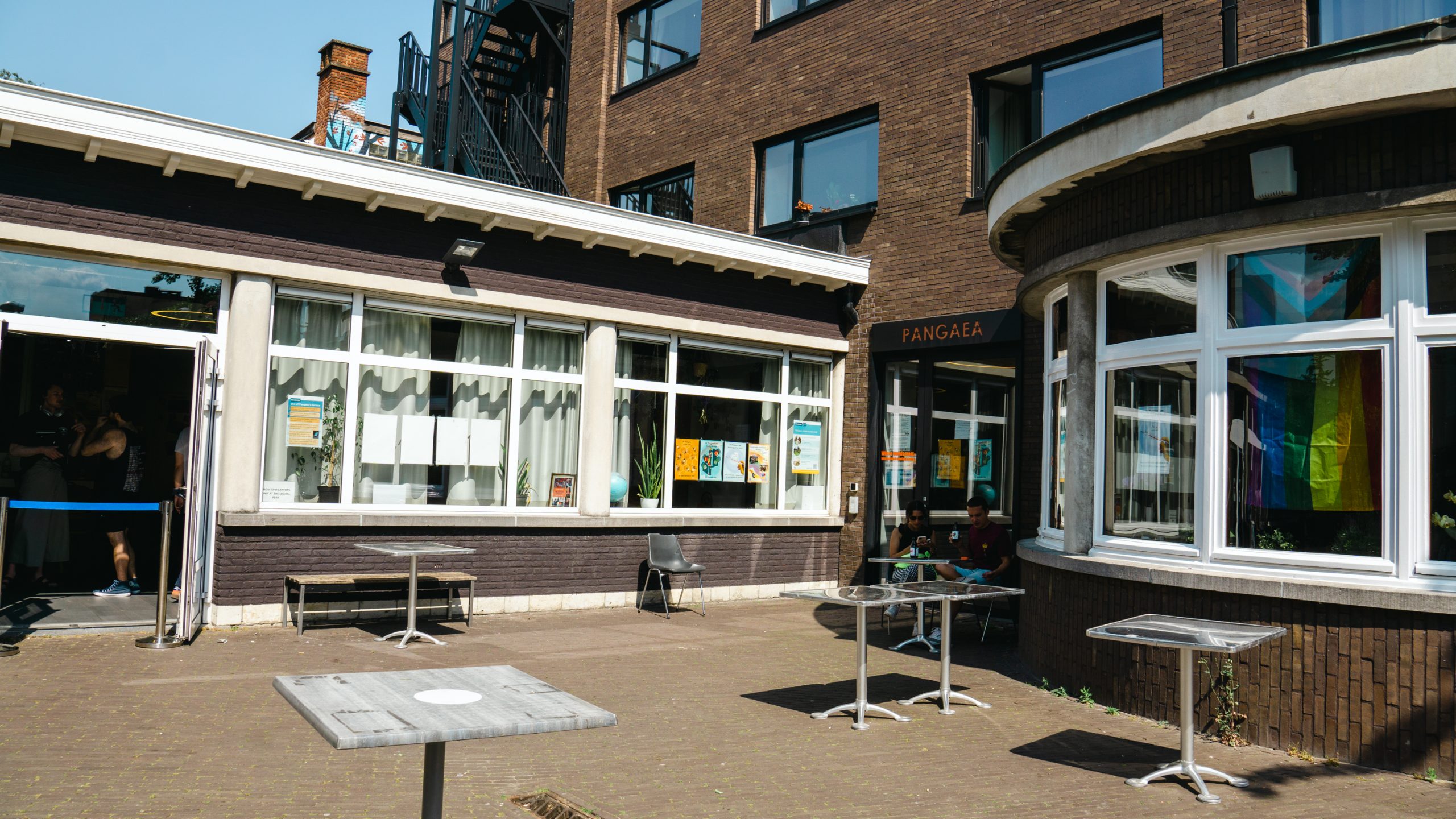
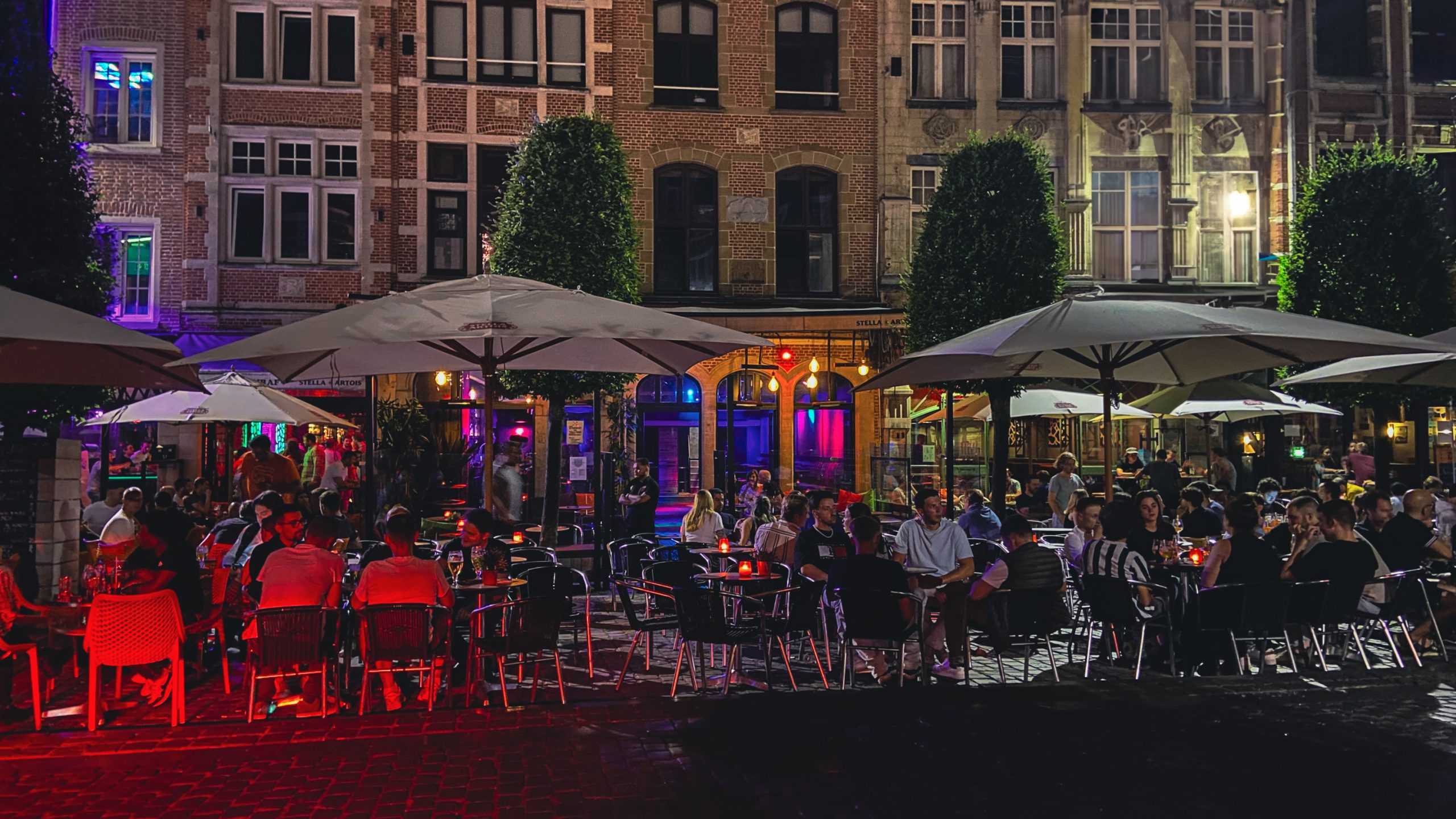
Each faculty has its own bar. There is also one bar/café dedicated to all international and Erasmus students. Kasper and I spent probably half of our studies there. The Erasmus network itself is also very active and regularly organises many events and trips. I attended their weekly volleyball sessions for a year.
As for sports, there is nothing to complain about either, because the offer is huge and includes classes in both less and more exotic sports. Outside of classes, you can also book a tennis court, hall or pitch to yourself for free.
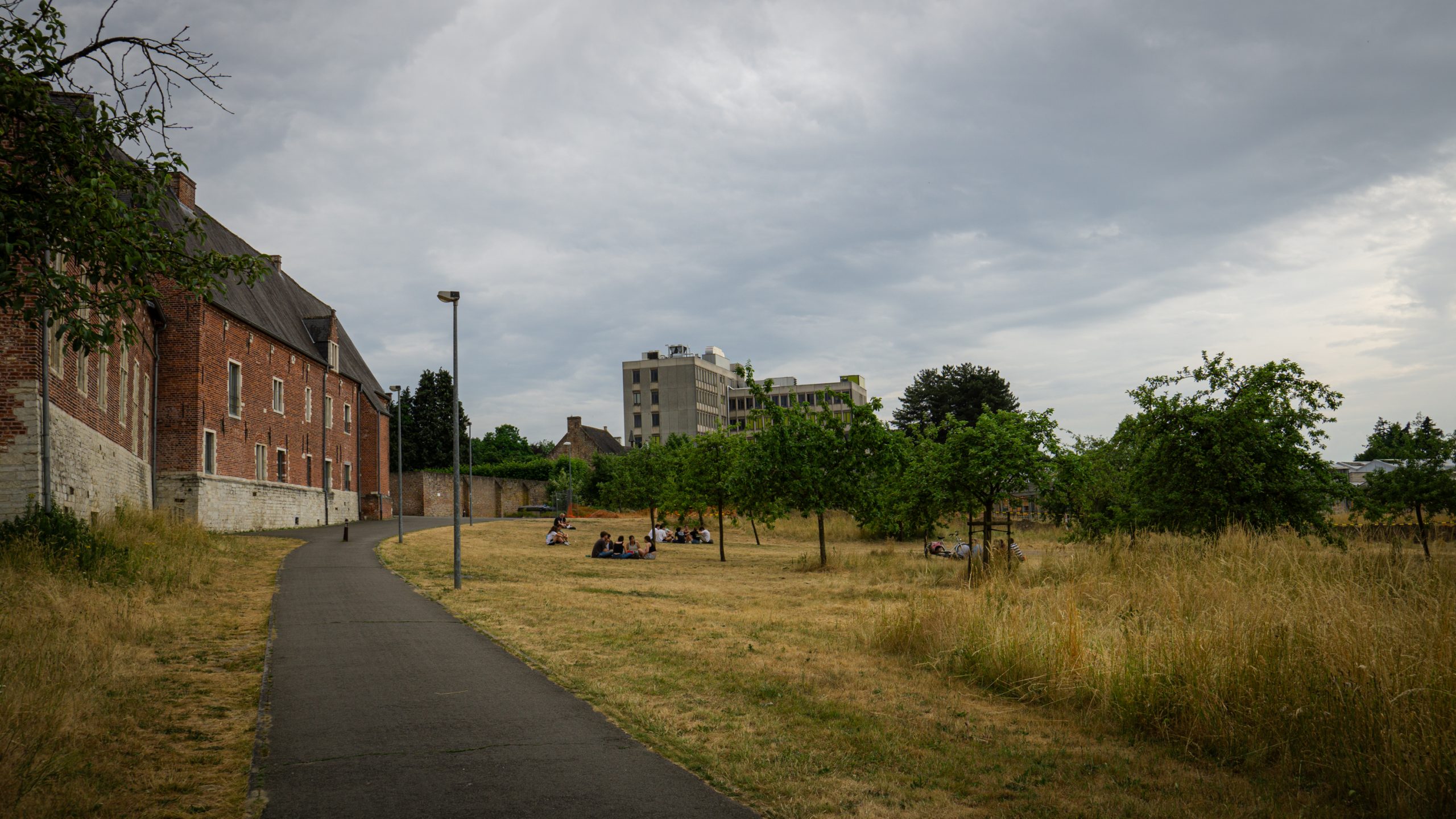
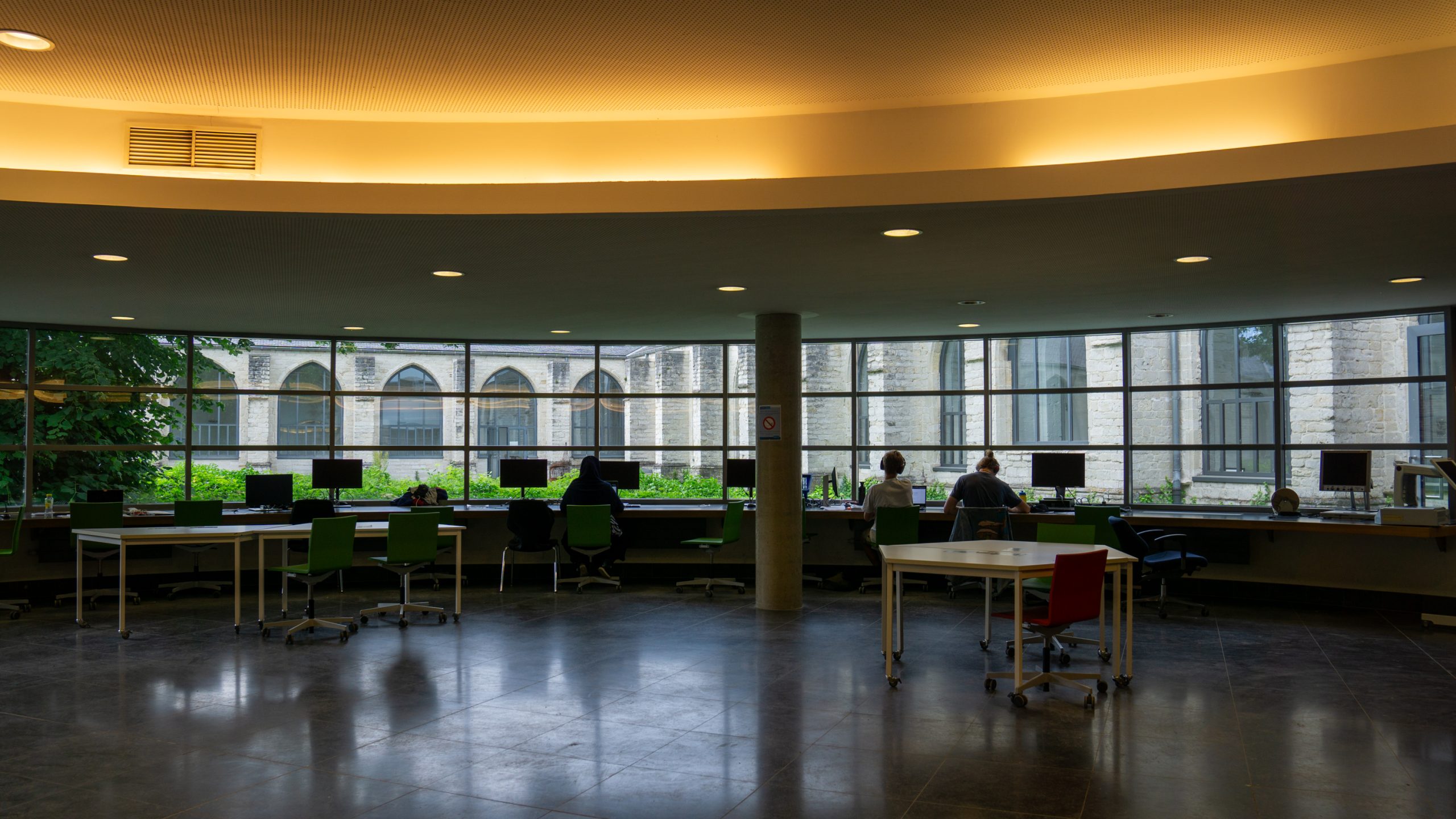
In addition to traditional libraries, there are also plenty of co-working spaces where you can book a table and work in silence with the rest of the nerds.
However, most clubs may use exclusively Dutch or not be very fond of switching to English for a single international student.
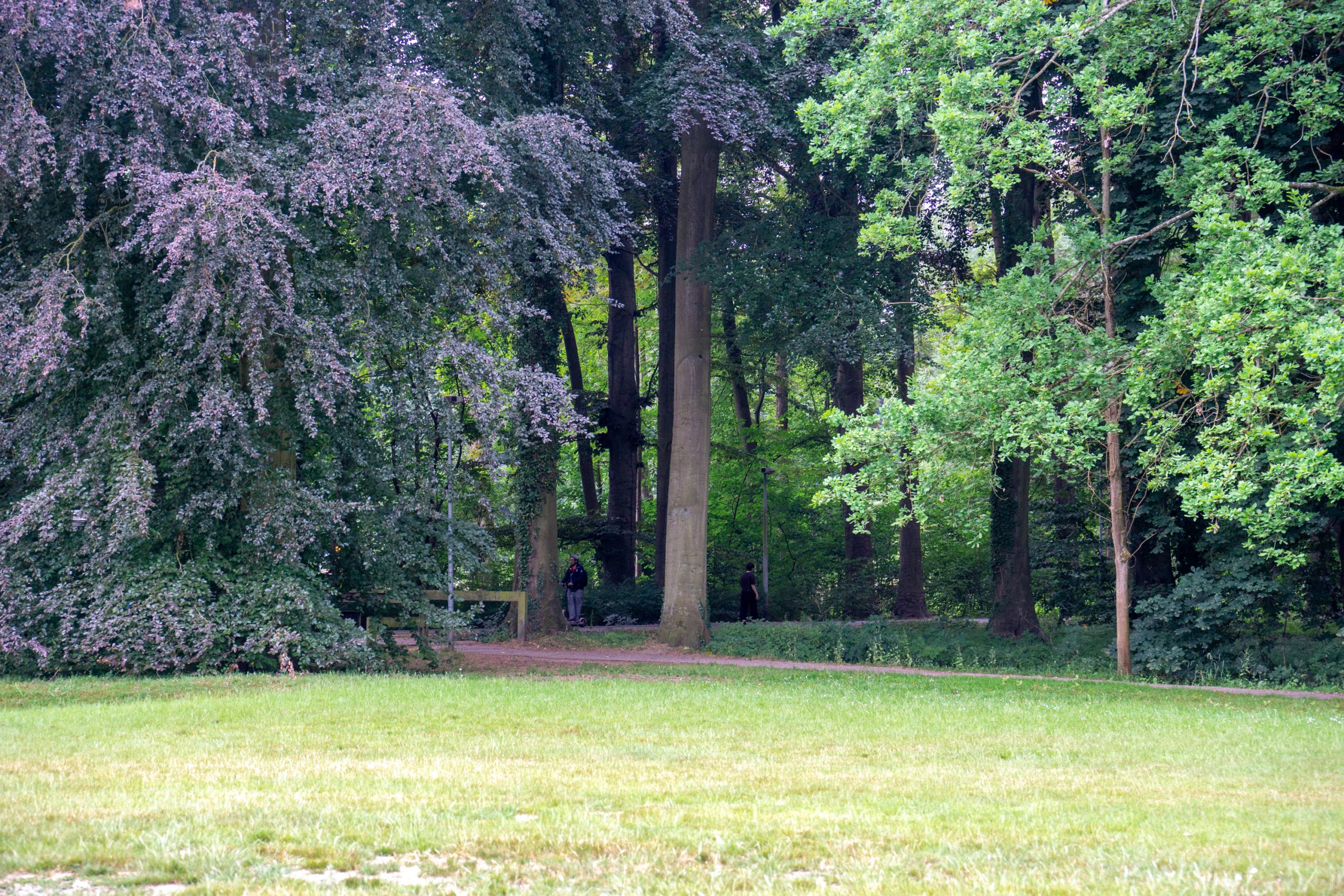
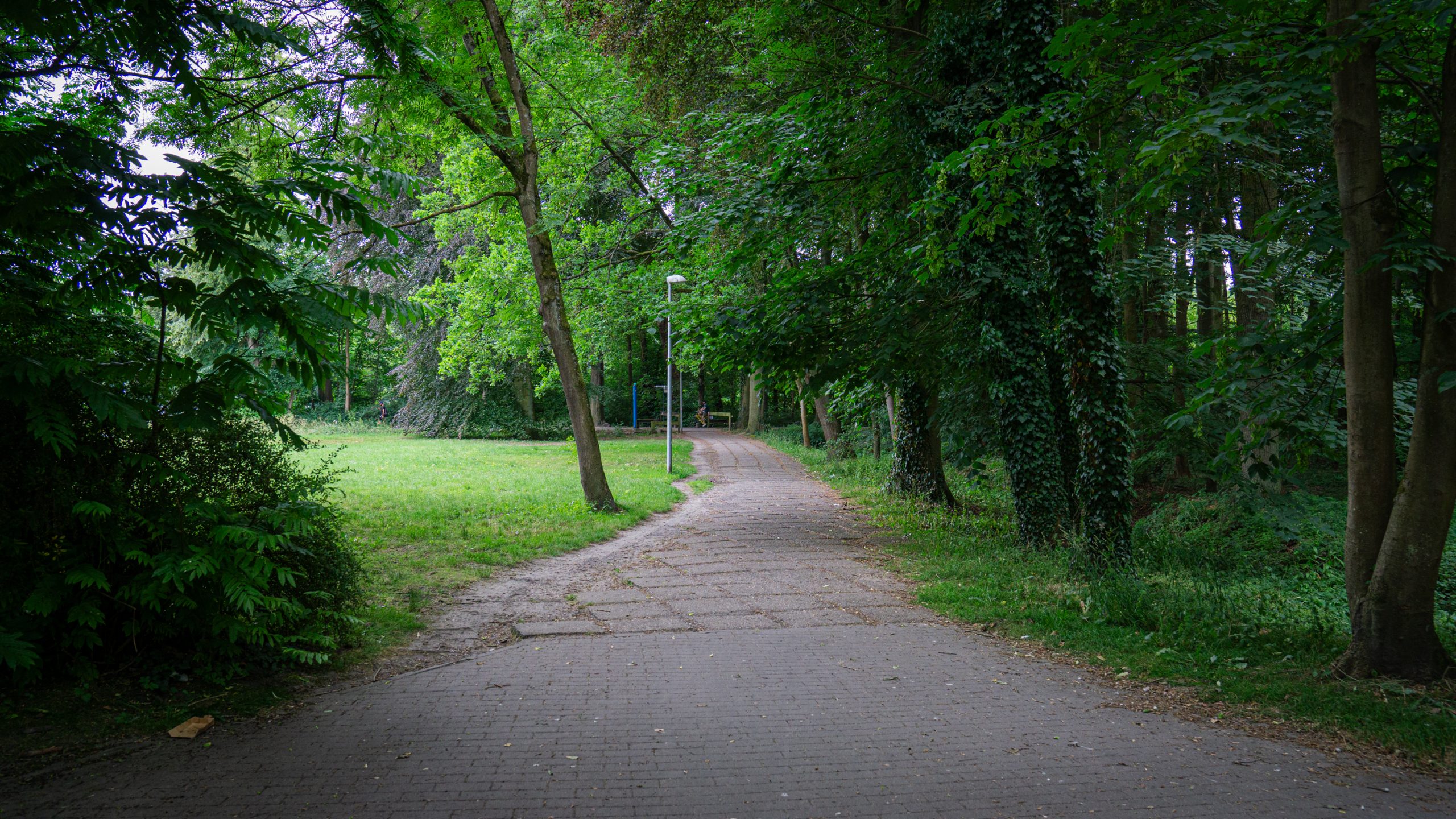
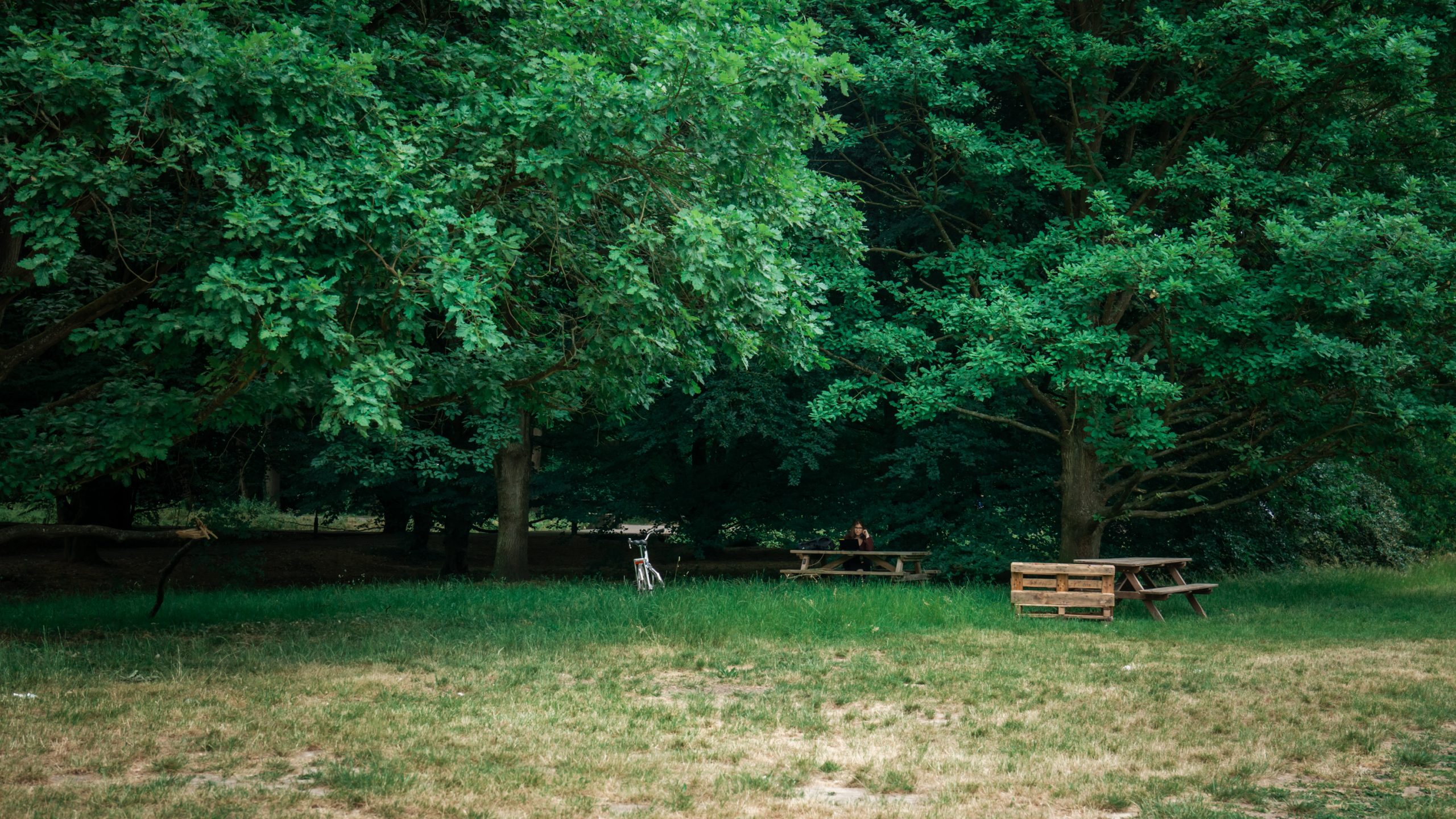
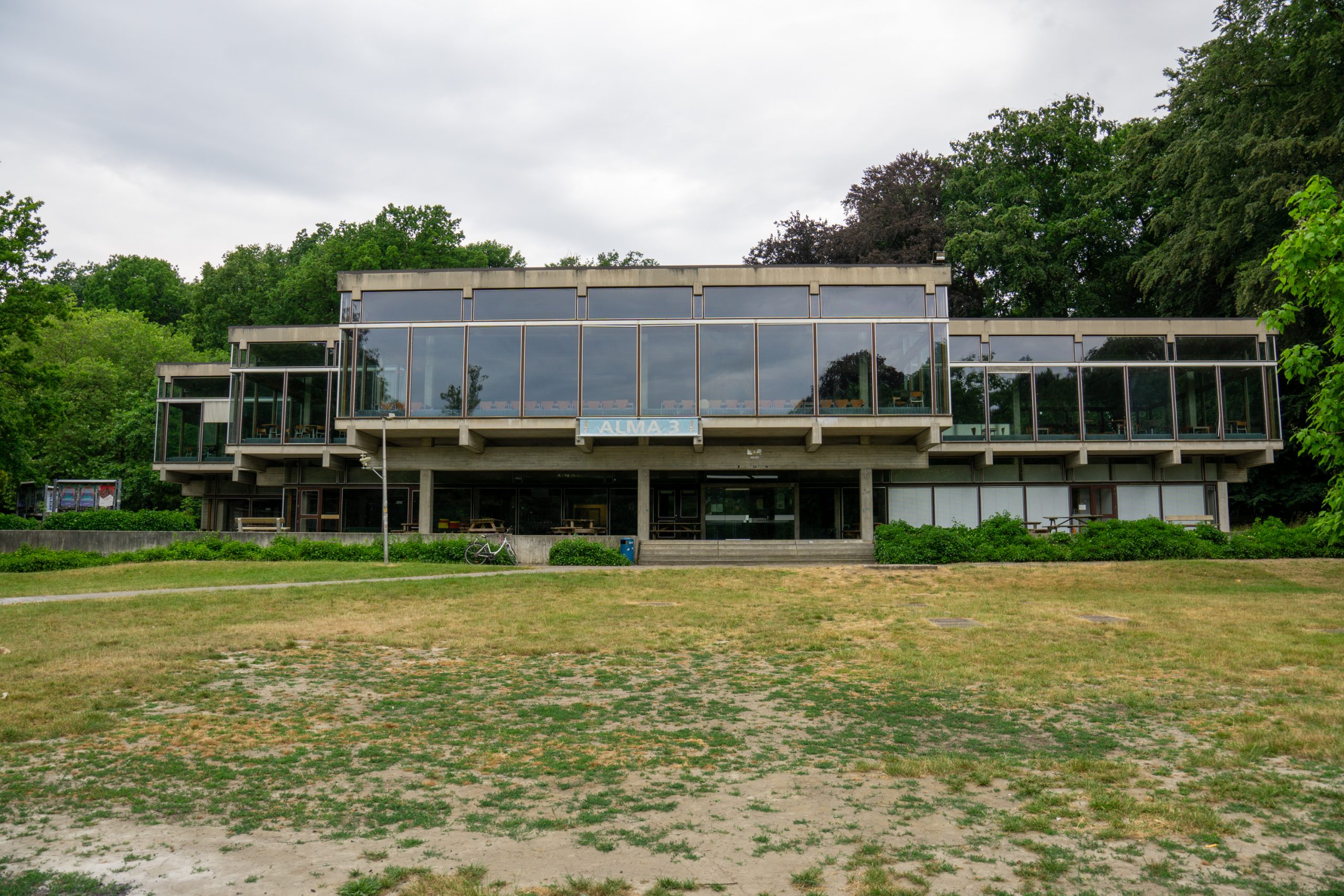
There are several university cafeterias scattered around the campus. The quality of the food is… canteen-like. Depending on the day, you can find several dishes that positively stand out in terms of flavour. But the whole thing usually costs only 5€ (in 2022/2023) and you can ask for a fries refill without limits. Kasper used to eat there even twice a day, I rather stayed away after a nasty adventure with pea soup in the first semester 💀.
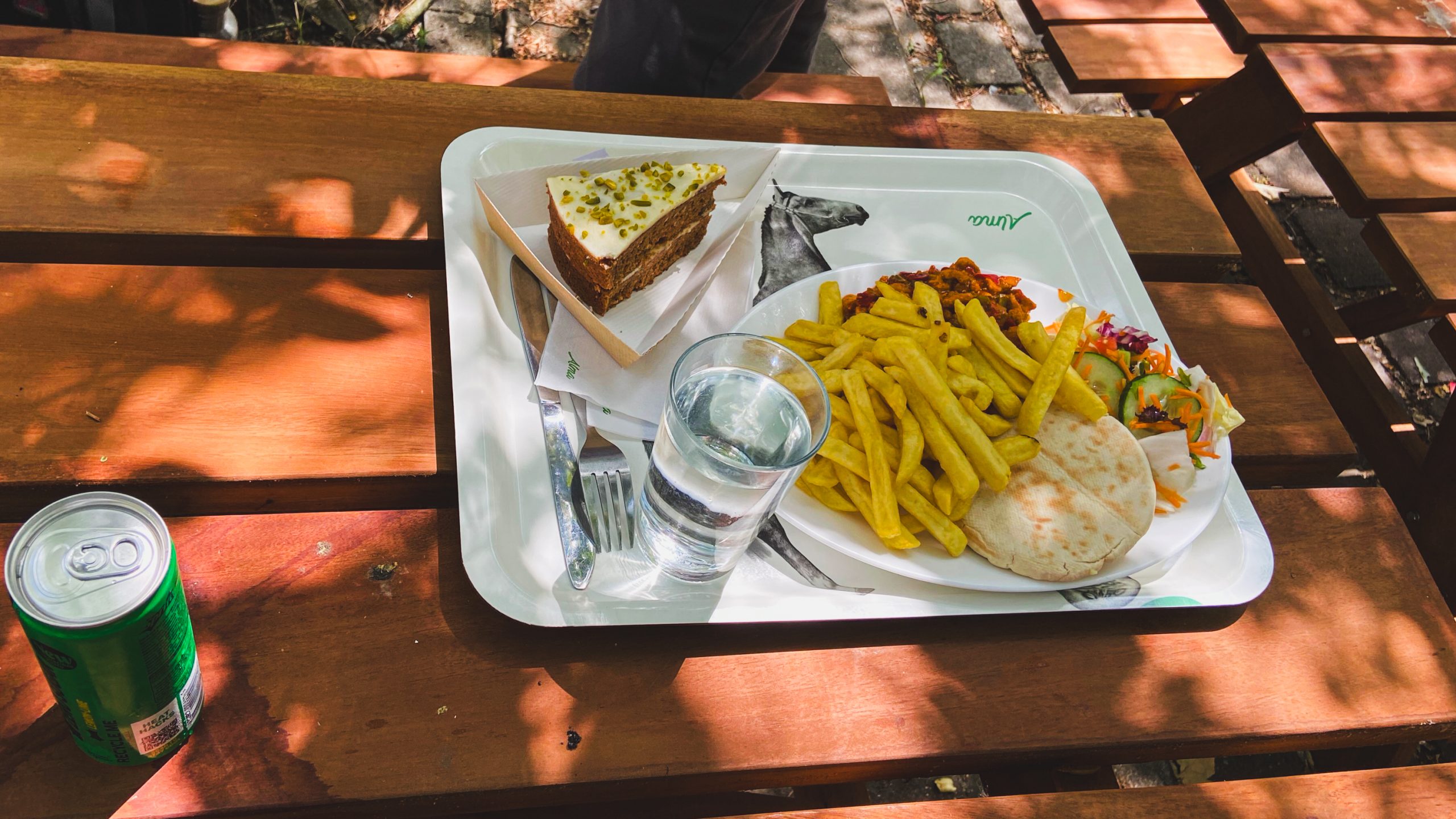
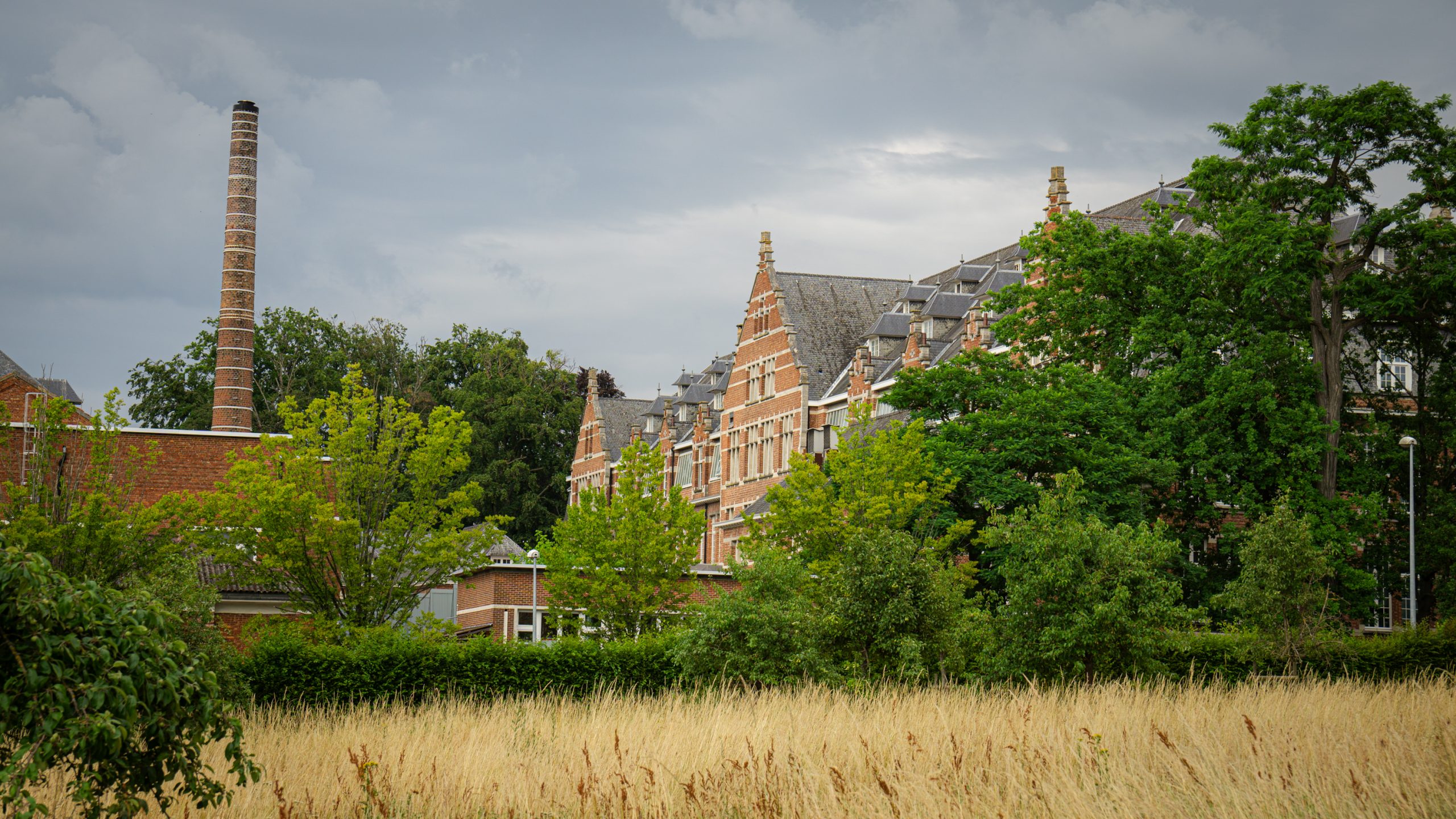
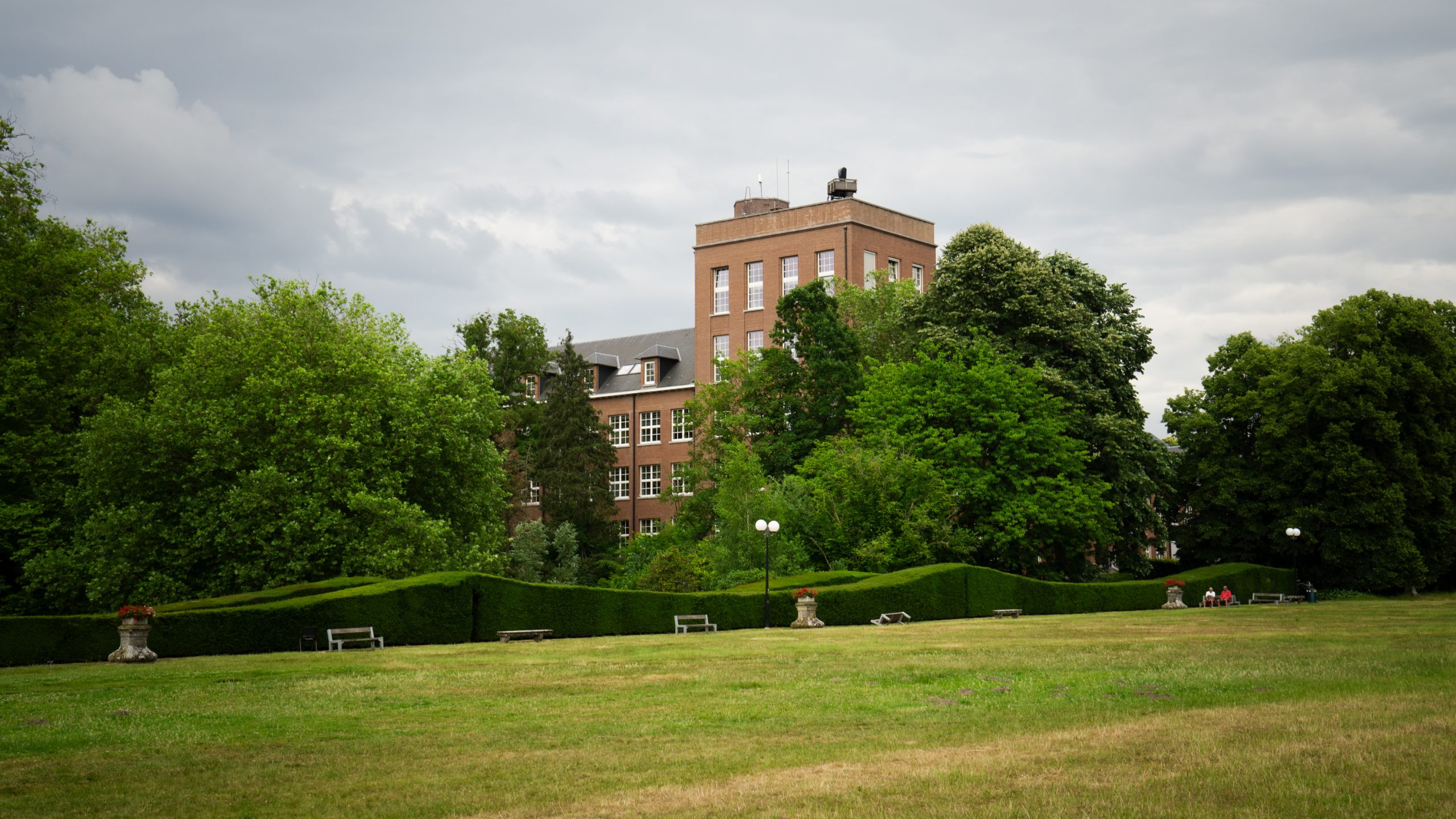
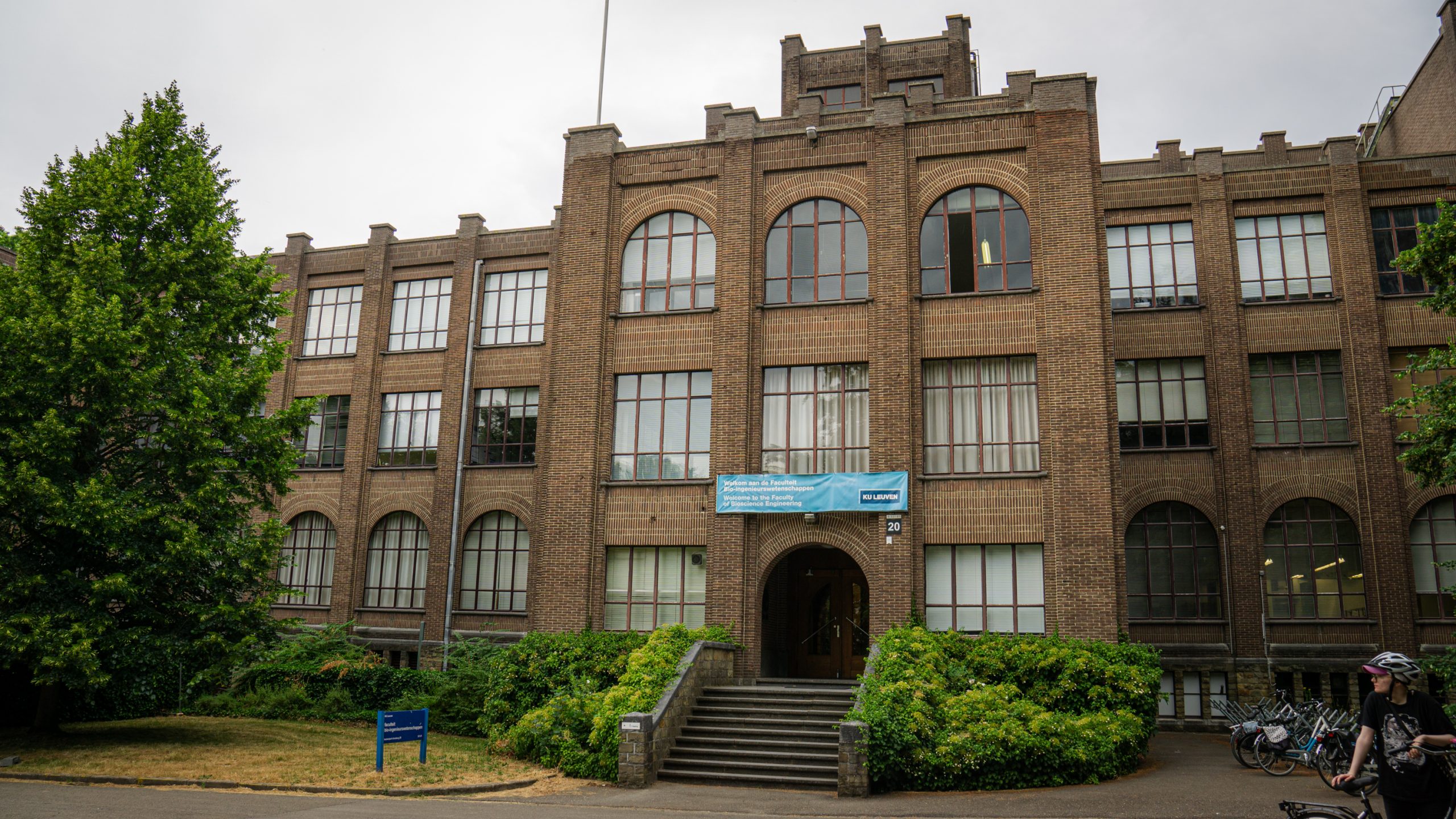
End of studies
And then it finally happened. On July 7, 2023, I officially graduated from university. 🙂 The graduation ceremony was quite simple. We were all gathered together with our families in a large hall. There were speeches by the rector and dean, and then the names of all graduates were read out along with their optional distinctions (which we did not know beforehand). I didn’t receive my diploma during the ceremony – it’s supposed to come with the mail. At the end, the photographer took a group photo with all the professors and then it was time for the party. There was a large tent was set up for us on the lawn, which had a bar and snack tables inside. Since we’re in Belgium, there were naturally several types of beer to choose from besides champagne.
And now it’s time for vacation… a full-time job. 🙂
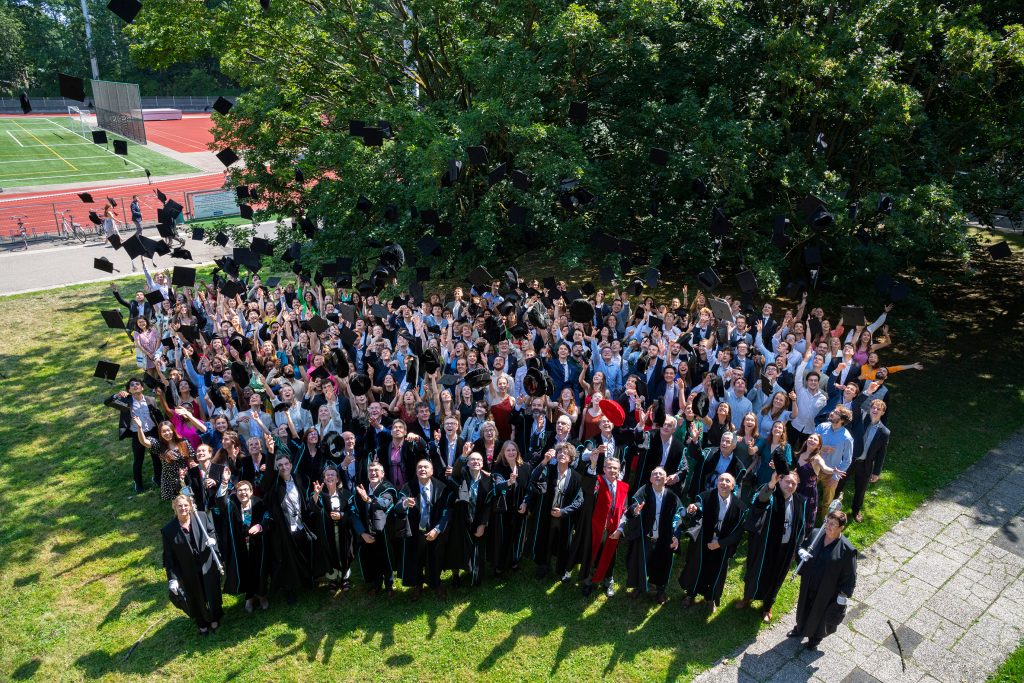
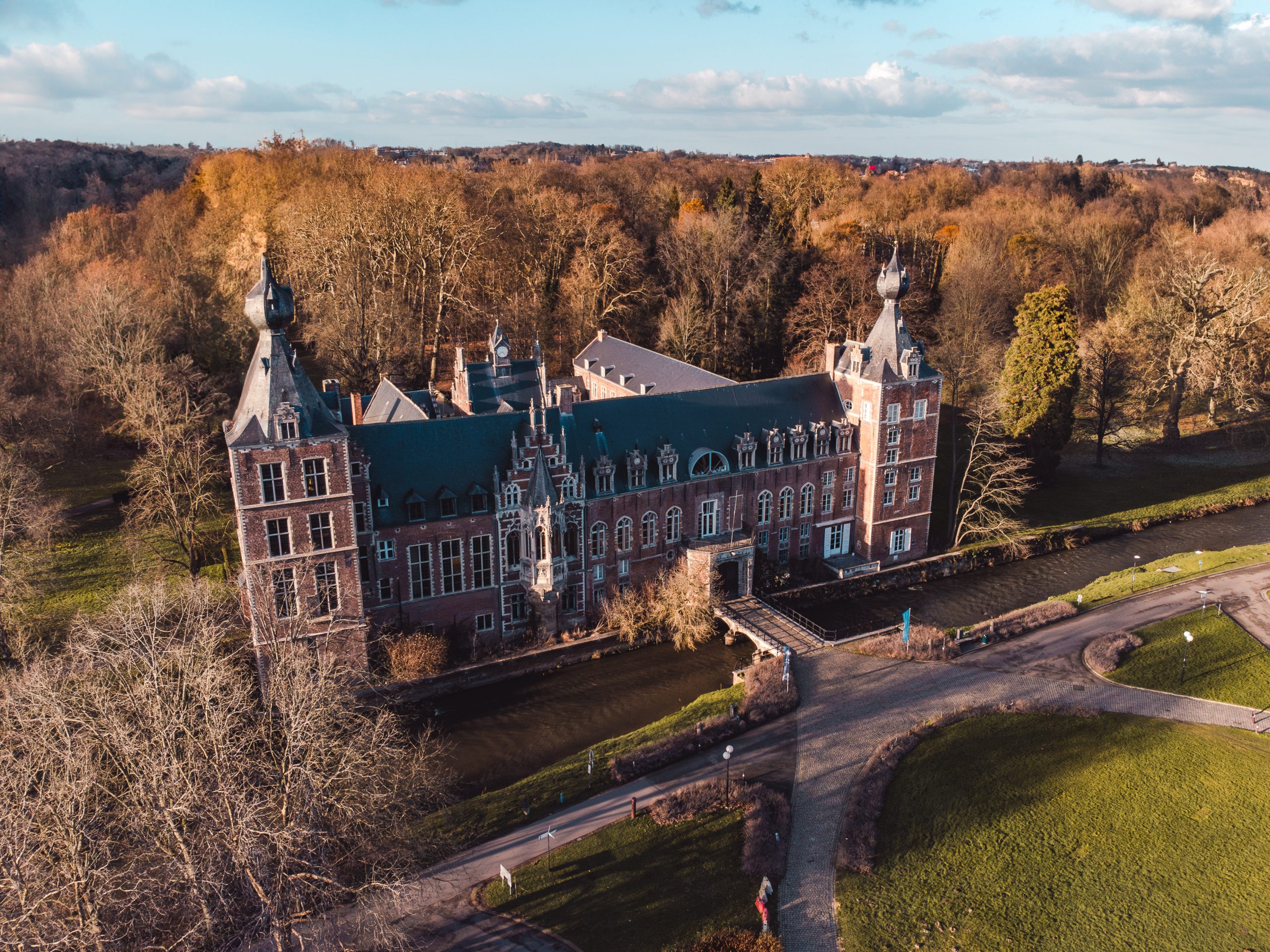
Dodaj komentarz